The Spotlights blog series covers conferences and events attended by our members and highlights notable researchers.
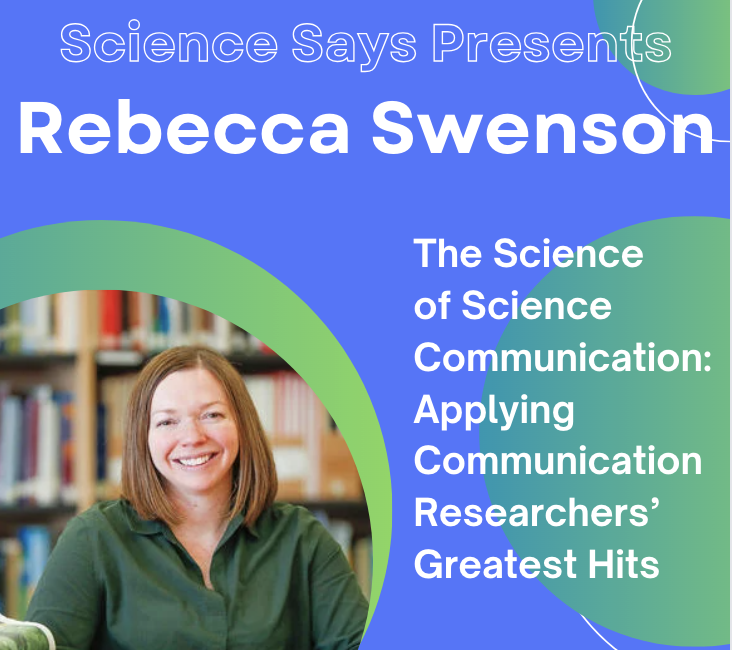
Science Says Presents: Dr. Rebecca Swenson
Science Says hosted Dr. Rebecca Swenson, master science communicator and Associate Professor of Agricultural, Food, and Natural Resource Communication at the University of Minnesota.
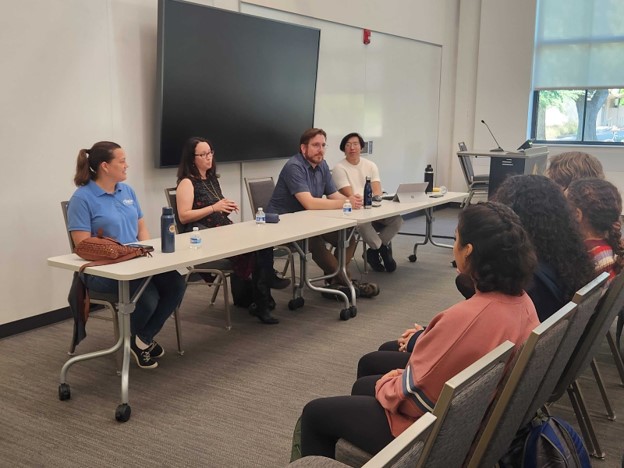
Science Says Science Policy Group Presents: Science Policy Career Panel
The Science Says Science Policy Group (SSSPG) hosted local science policy professionals to share the career paths and insights.
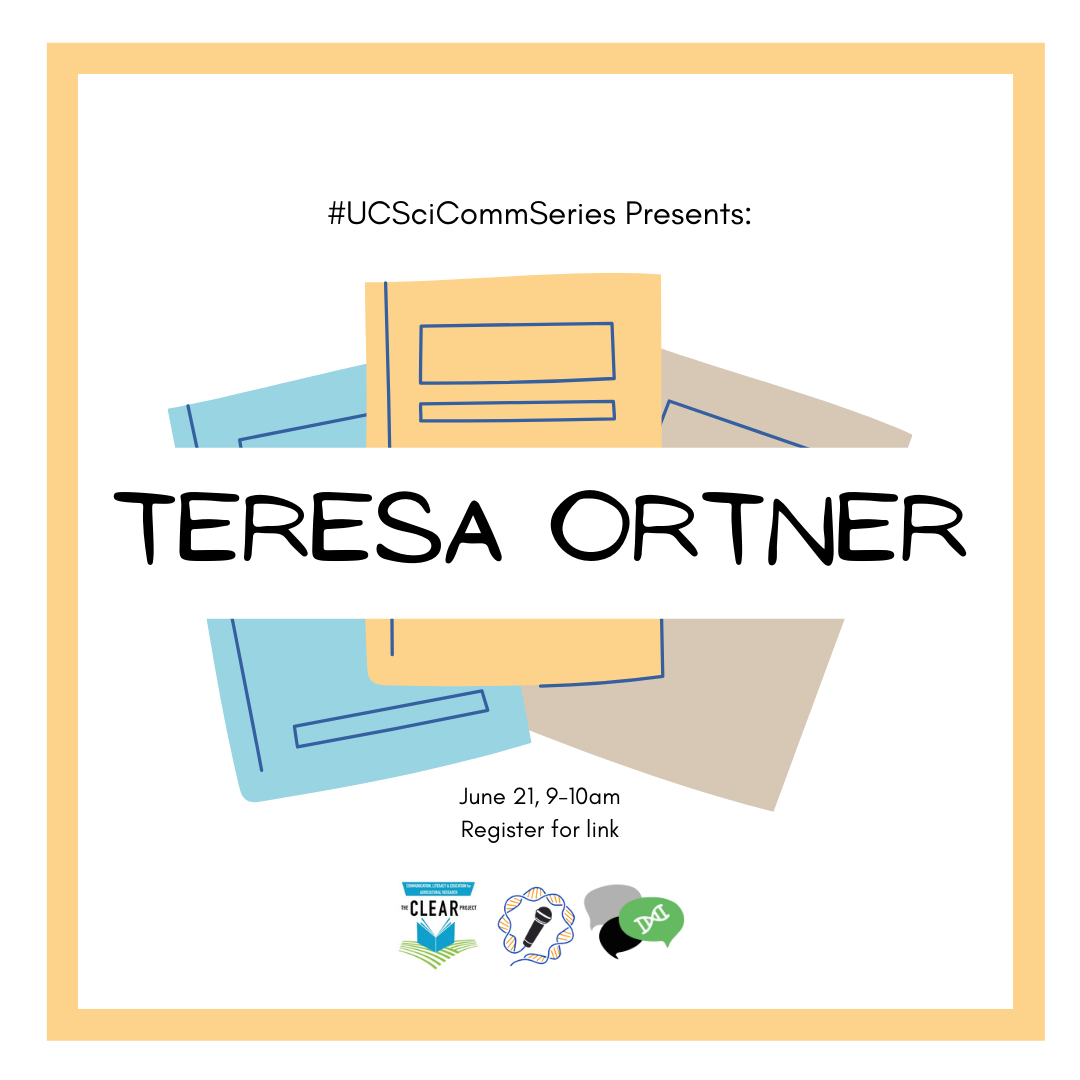
#UCSciCommSeries Presents: Teresa Ortner
Dr. Teresa Ortner, Senior Editor at Communications Chemistry, provided tips and tricks for publishing in nature portfolio journals and other scientific journals. Dr. Ortner also talked to us about what it takes to be a journal editor.
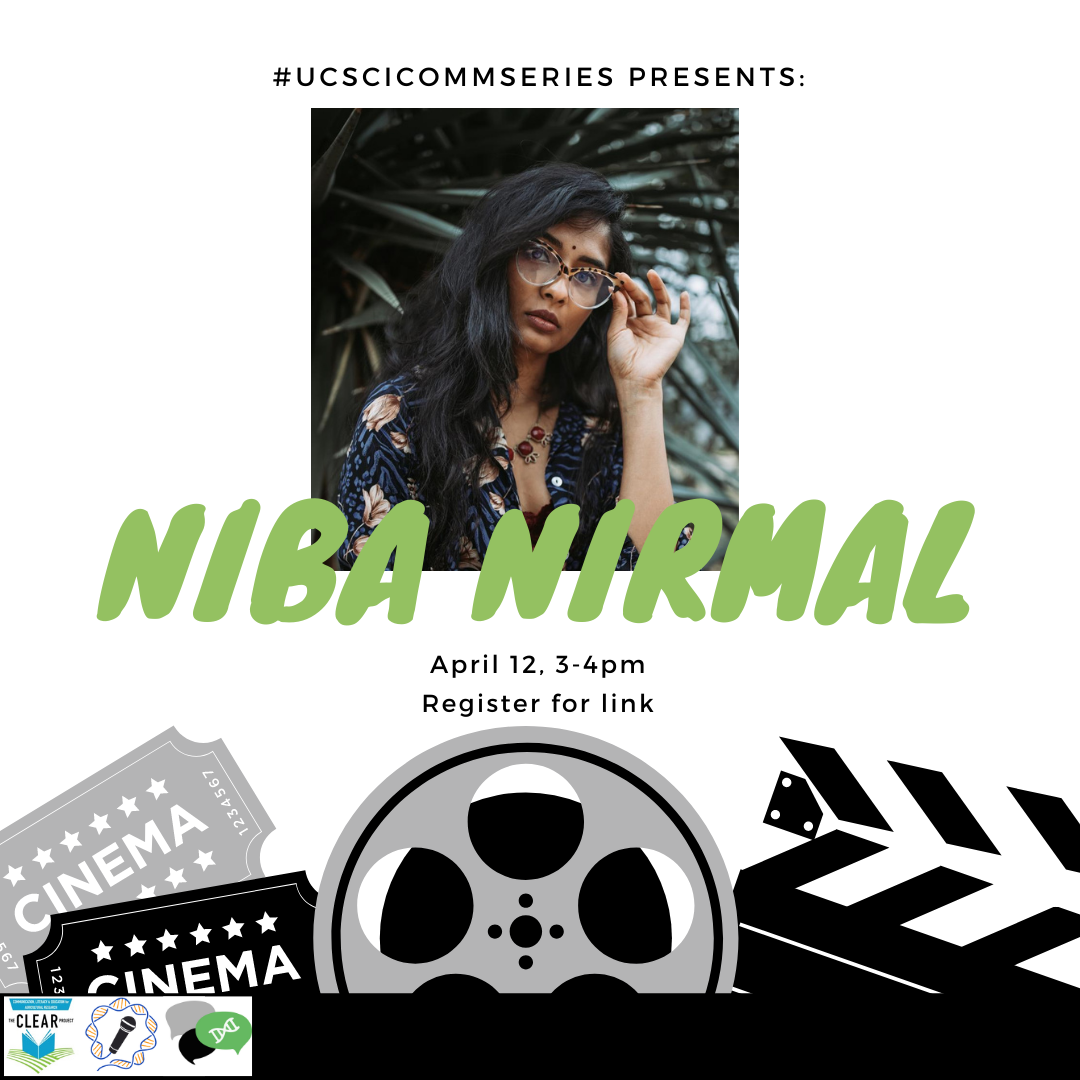
#UCSciCommSeries Presents: Niba Nirmal
Niba Nirmal spoke about her career in content creation for #SciComm across video, podcast and social media platforms. Read on to learn more about her career and the advice she shared.
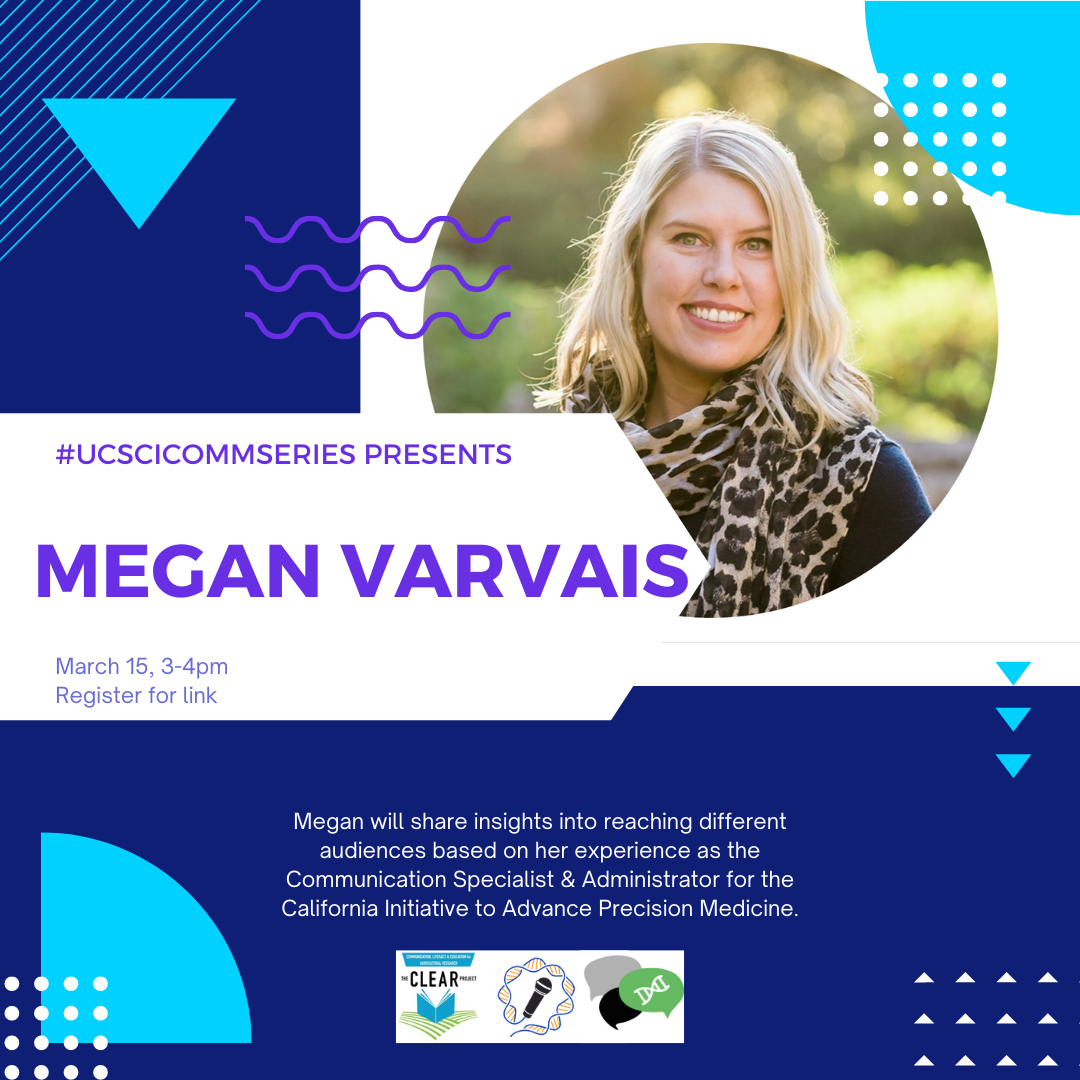
#UCSciCommSeries Presents: Megan Varvais
Megan Varvais from the Governor’s Office of Planning and Research spoke to us about her career in science communication and science policy from a non-science background.
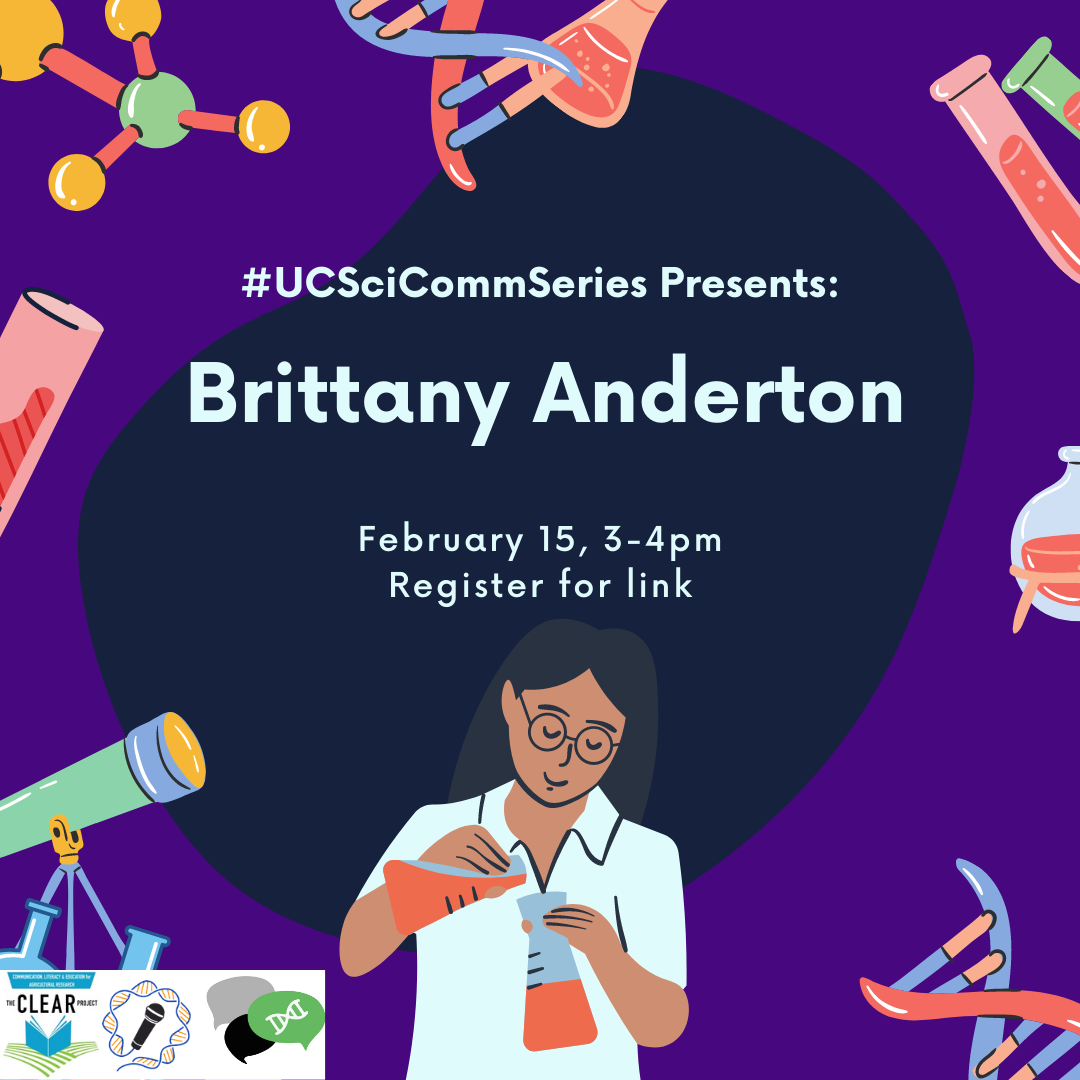
#UCSciCommSeries Presents: Brittany Anderton
Dr. Brittany Anderton spoke to us about her career in science communication, from her unique scicomm post-doc to her current position at iBiology. Read on to find out more about her and the resources she shared with us.
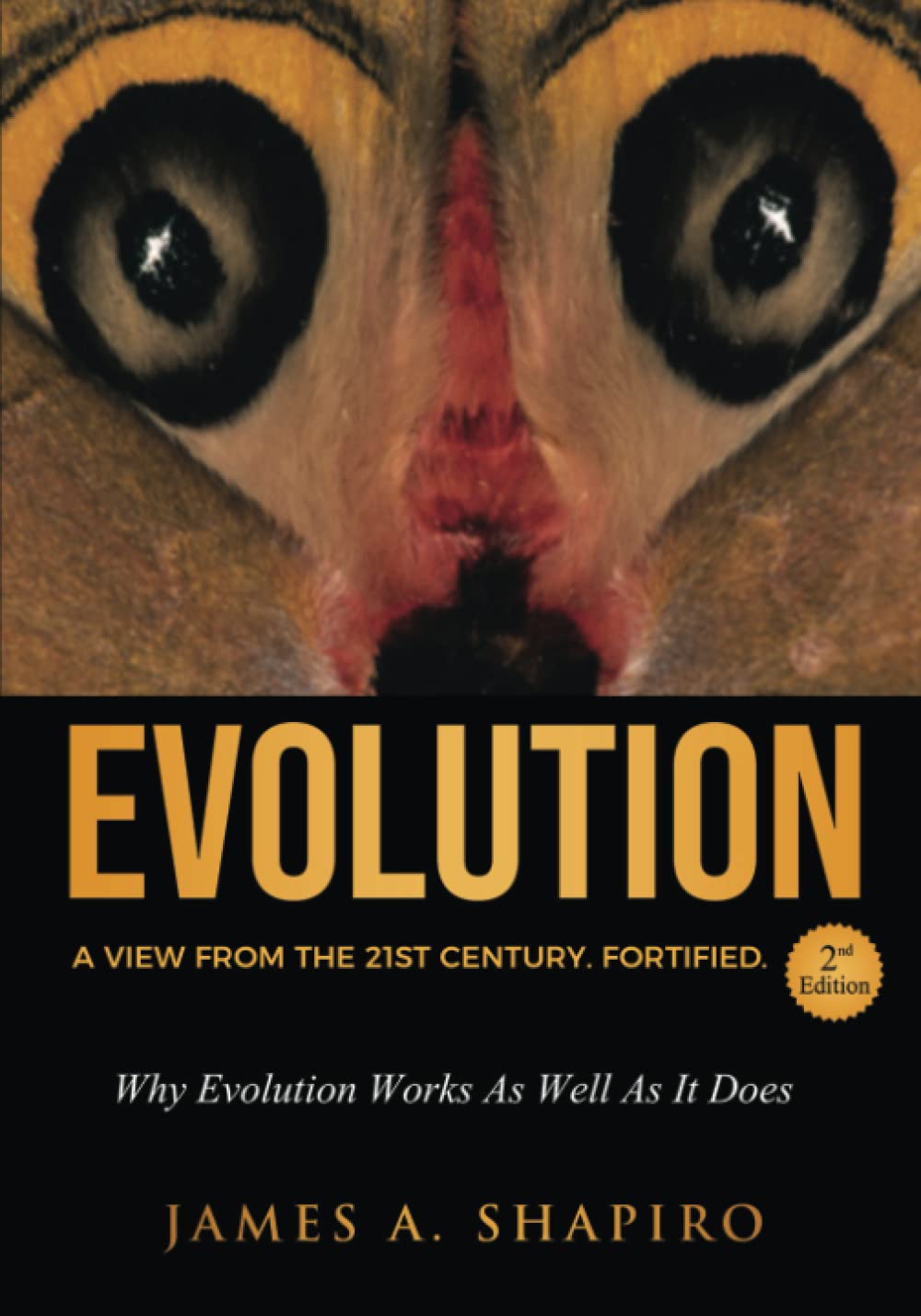
Science Writers Can Help Society Benefit from Understanding Modern Evolutionary Theory
Cristina Deptula sat down with University of Chicago Professor James Shapiro to discuss evolution and his new book. He shares important insights into the importance for public understanding of evolution and how the theory itself is evolving as research progresses.
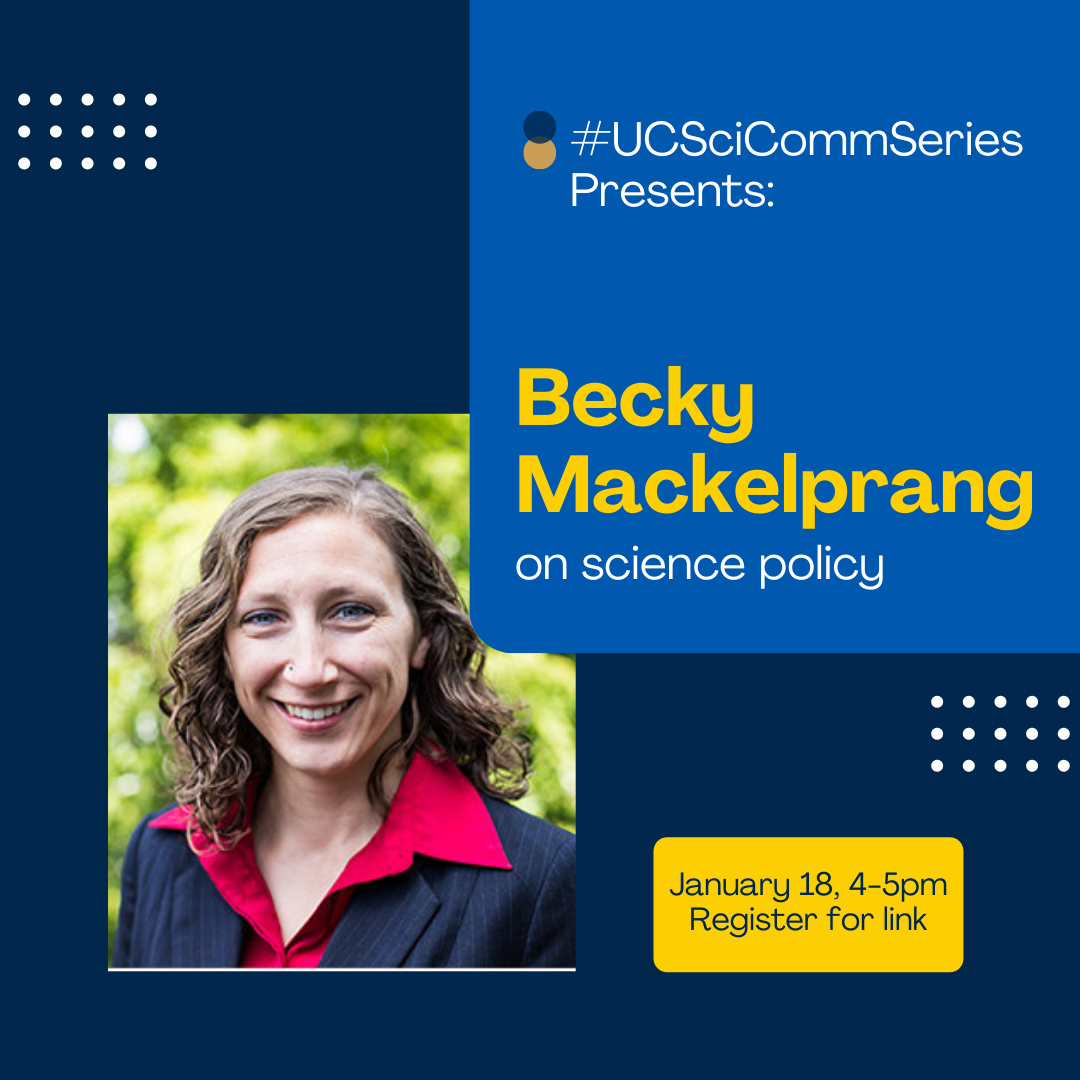
#UCSciCommSeries Presents: Becky Mackelprang
At the inaugural #UCSciCommSeries, three science communication groups across UC Berkeley, UC Davis and UC Riverside hosted Becky Mackelprang. She spoke about her career path in science communication and shared a variety of resources.
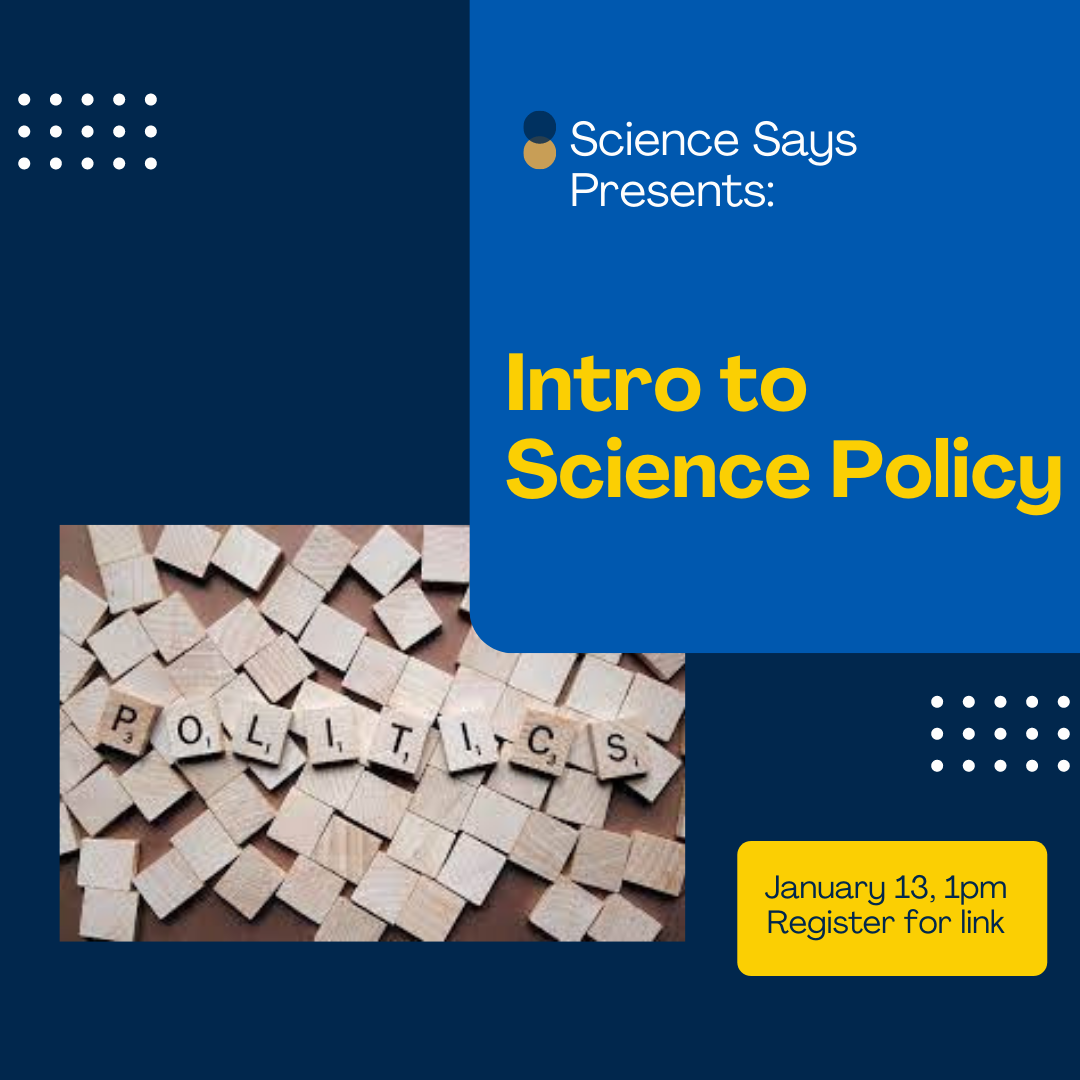
Introduction to Science Policy
Science Says is excited to announce the launch of our science policy branch, spearheaded by Richard Tran! Our opening event covered what science policy is and how it fits in with science communication.
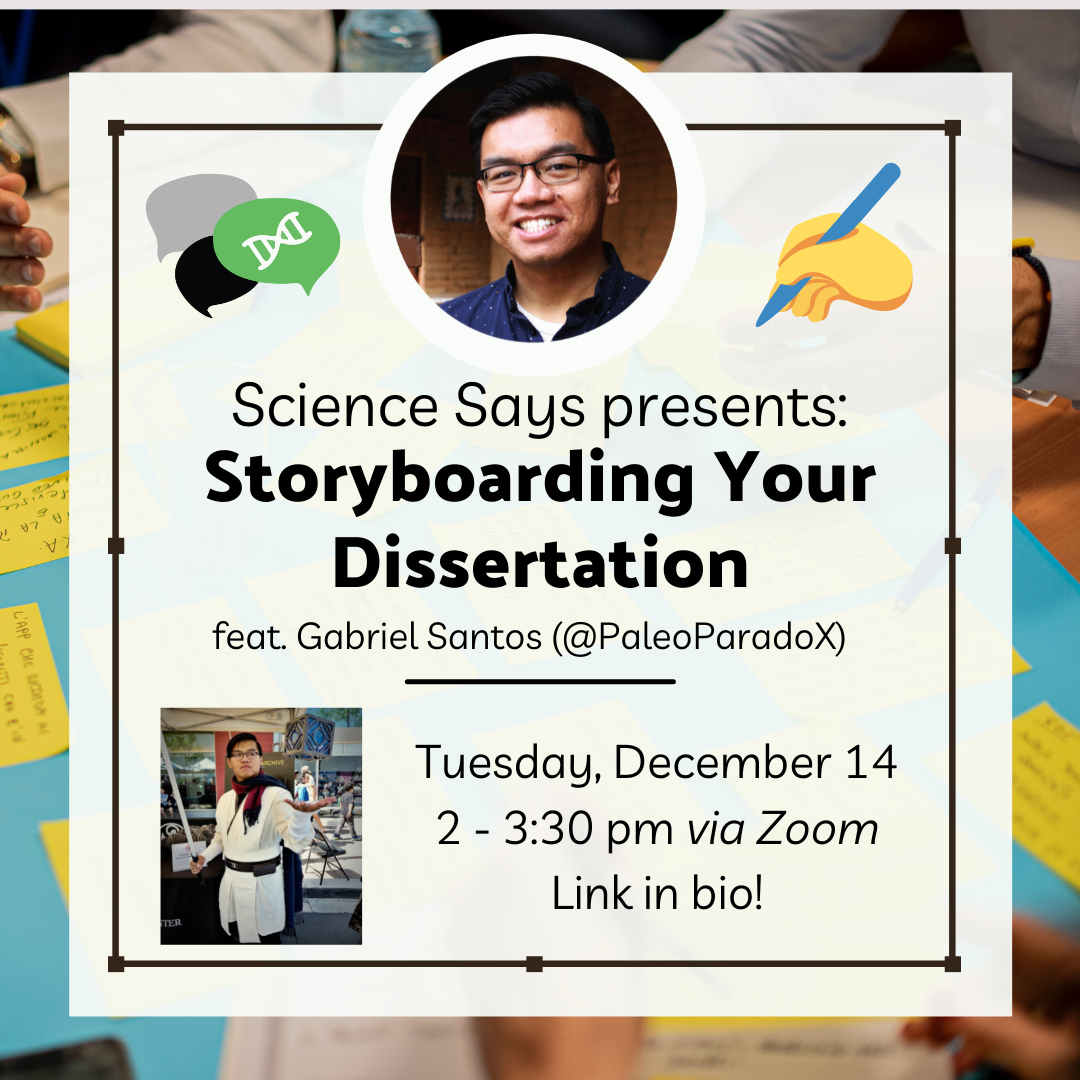
Storyboarding Your Dissertation with Gabriel-Philip Santos
For the last Science Says event of 2021, Gabriel-Philip Santos taught us how the tools of storytelling can be used to effectively share scientific ideas. As a scientist himself, Gabe firmly believes that all scientists can be successful storytellers. Read on to learn how to use storyboarding effectively for research storytelling.
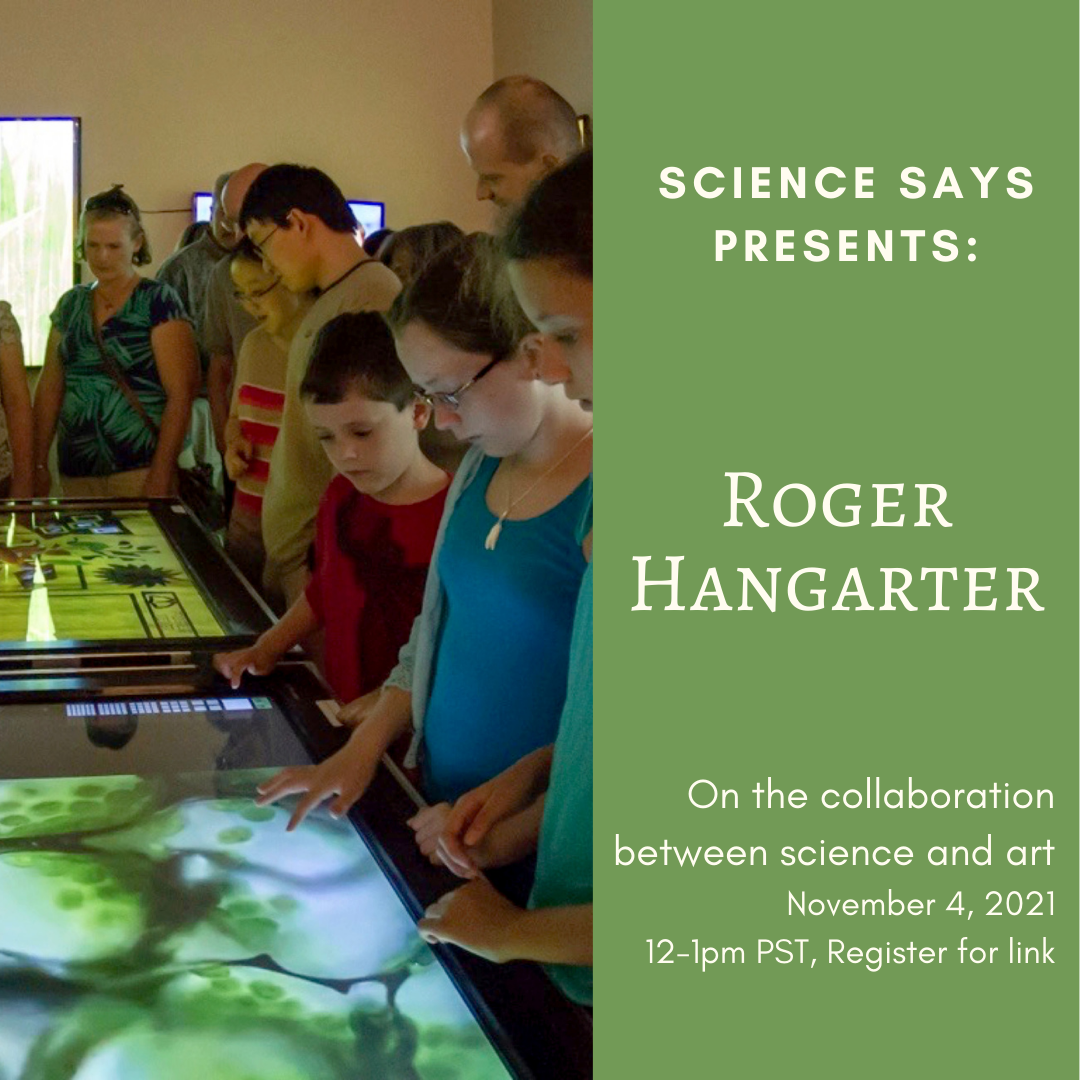
Considerations for Sci-Art Collaborations
Dr. Roger Hangarter’s love affair with science communication via art began in 2003 with the sLowlife exhibit with the Indiana University fine arts department photographer, Dennis DeHart. We invited him to share some of his experiences in creating traveling art exhibits and how to effectively collaborate with artists to increase the impact of science communication. Read on to learn some important elements to fostering a successful collaboration and measuring the impact of your creation.

Animating Biology with Janet Iwasa
A picture is worth a thousand words, but what about a video? Keeping with our theme of the intersection of science and art, we invited the head of The Animation Lab, Dr. Janet Iwasa, from the University of Utah to share how she learned to create scientific animations. Read on to find out more about her path to science communication through animation.
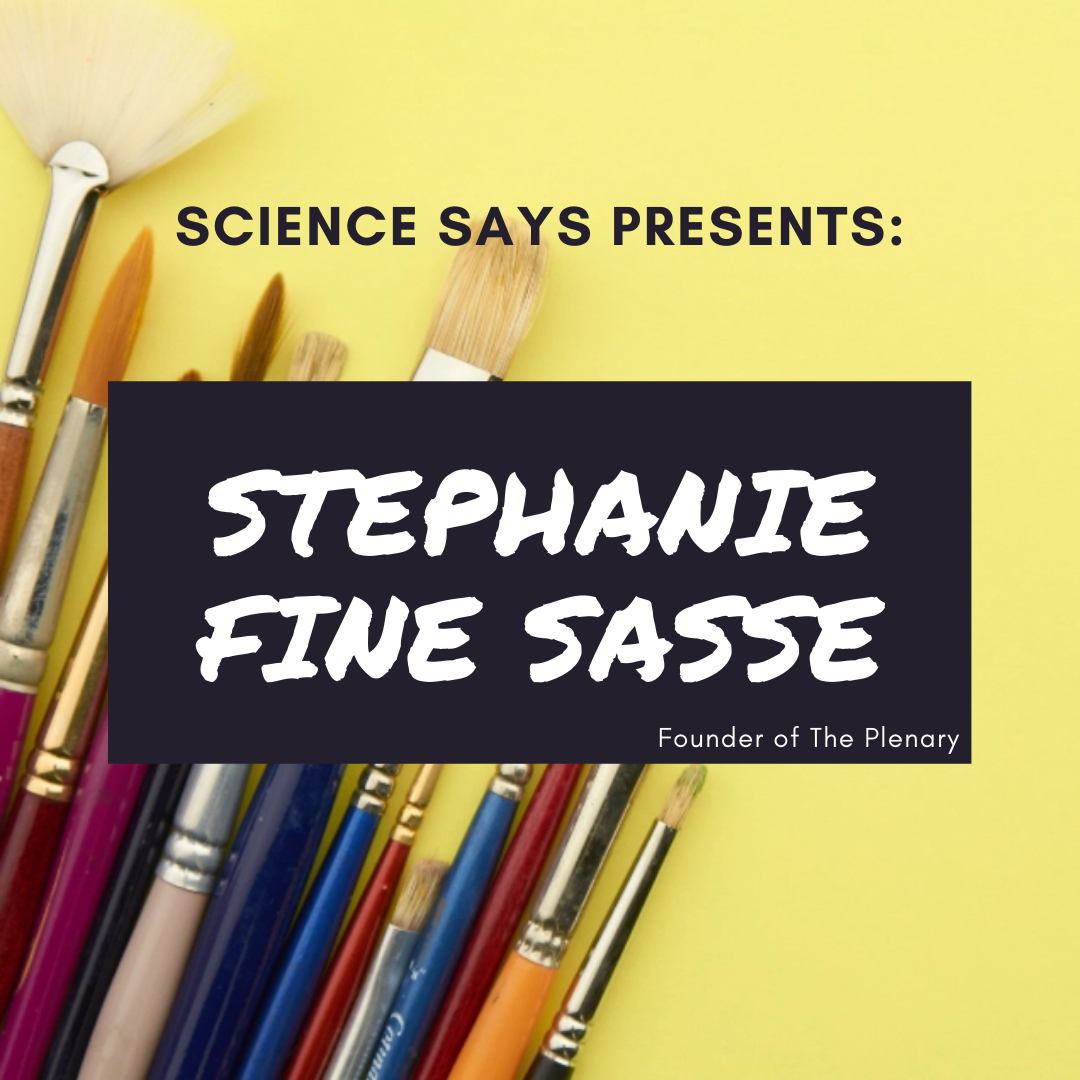
Driving Impact Through Art and Science
We've often thought of ourselves as "art people" or "science people," but art and science share many properties. We invited Stephanie Fine Sasse, founder of The Plenary, to explore a different viewpoint: instead of treating art and science as separate entities, why not have them work together? By developing a relationship between art and science, we can create something new that allows the world to explore our societal issues in an engaging and informative way.

Pedagogy in the Post-Pandemic Classroom with Jeff Hescox
Depending on your experience, you might have felt your early education was a little lackluster. Or, you may have excelled. Education was forced to adapt from "teaching to the test" to incorporating technology during the pandemic. But, as schools reopen, we can’t return to these teaching methods. Instead, we have to ask how we can improve classrooms to better support students. We invited Jeff Hescox from UC Davis C-STEM to share some insights as to what an improved learning experience could look like.
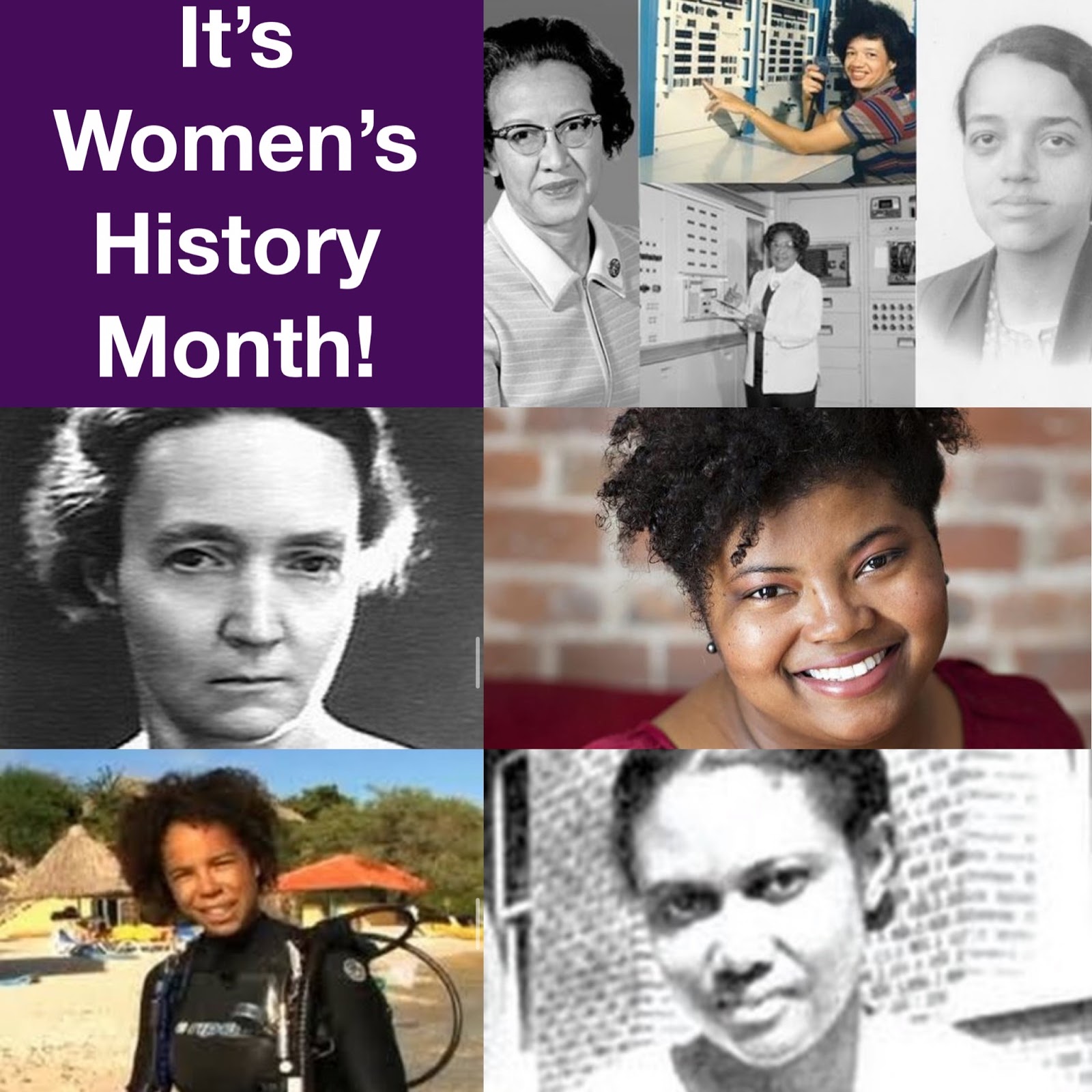
Women's History Month 2021
We highlighted awe-inspiring women in STEM all month long for Women's History Month. We certainly loved learning about all these amazing women (and many more we didn’t have enough weekdays to include!). We love seeing these women push against the boundaries of gender bias in STEM and refuse to be held back. Every month of the year, we will, and urge everyone, to continue supporting women of all colors, in every field, and from all backgrounds to keep pushing every boundary and crushing every obstacle.
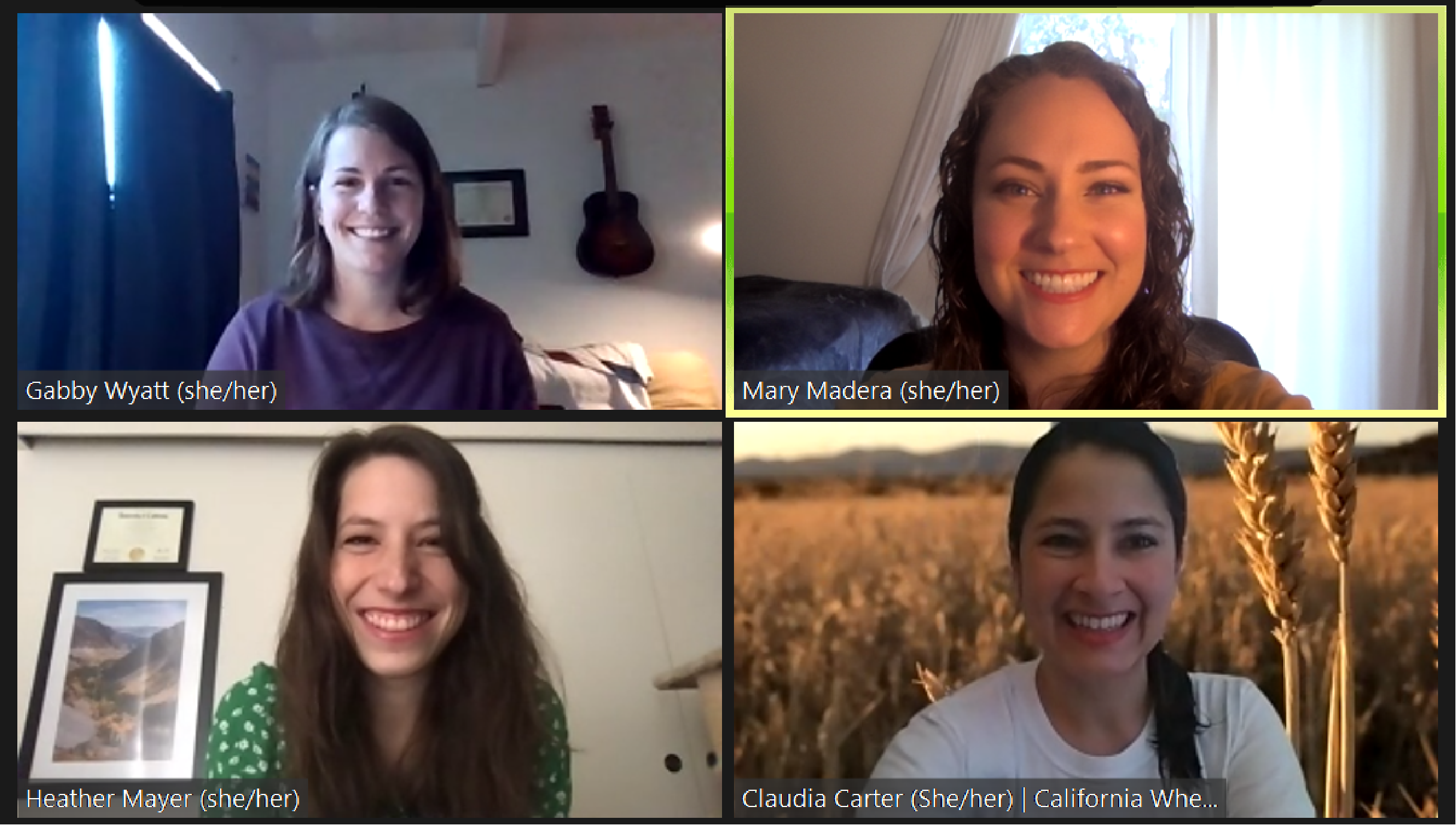
North Bay Science Discovery Day 2021
“If skeletons are hard, how do our bodies grow skeletons?” “What opportunities are there for high school students to get research experience?” “What are good and bad things that can affect our brains?” “If the sun is behind the moon, why doesn’t the moon burn up and why don’t astronauts die?” “Do you ever find being in research frustrating? What excites you about science?”
These are just a few examples of the questions our panelists got from over 500 people signed up for our three panels during this year’s virtual North Bay Discovery Day.
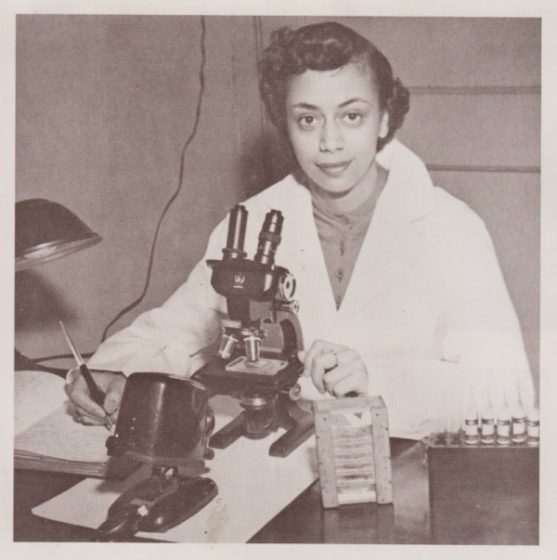
Black History Month 2021 - Notable Scientists Throughout History
Black History Month is a time dedicated to celebrating the contributions of Black people to the United States. Originally beginning in 1926 as a week-long event, it extended to a full month in 1976. All February long, we celebrated Black scientists and their significant contributions to science. Here is some more information about the scientists we shared on social media, and a few extra scientists too!
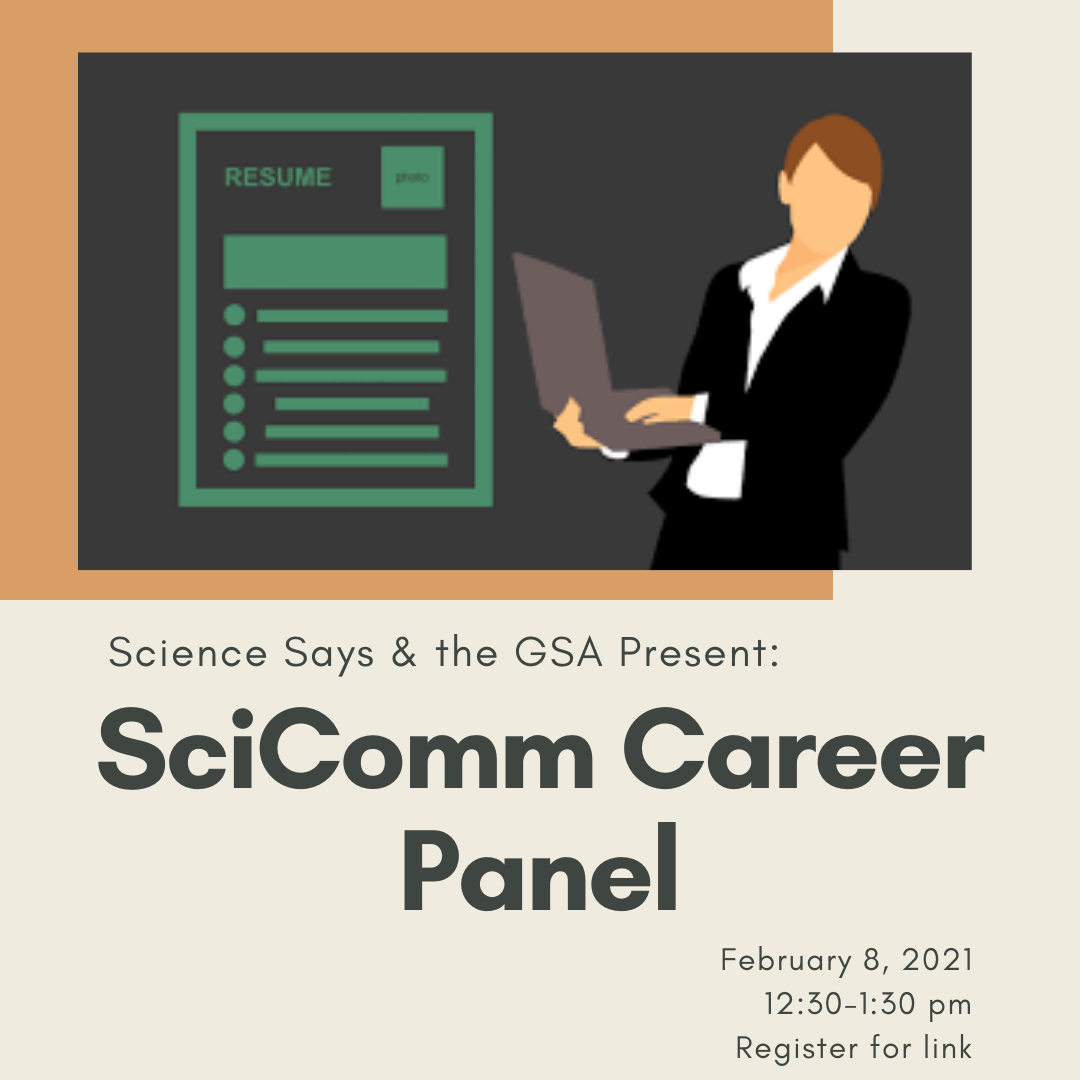
SciComm Career Panel
In association with UC Davis Graduate Student Association, we invited Drs. Grayson Doucette, Brittany Anderton and Alison Van Eenennaam to discuss their science communication career path and share some sage advice.
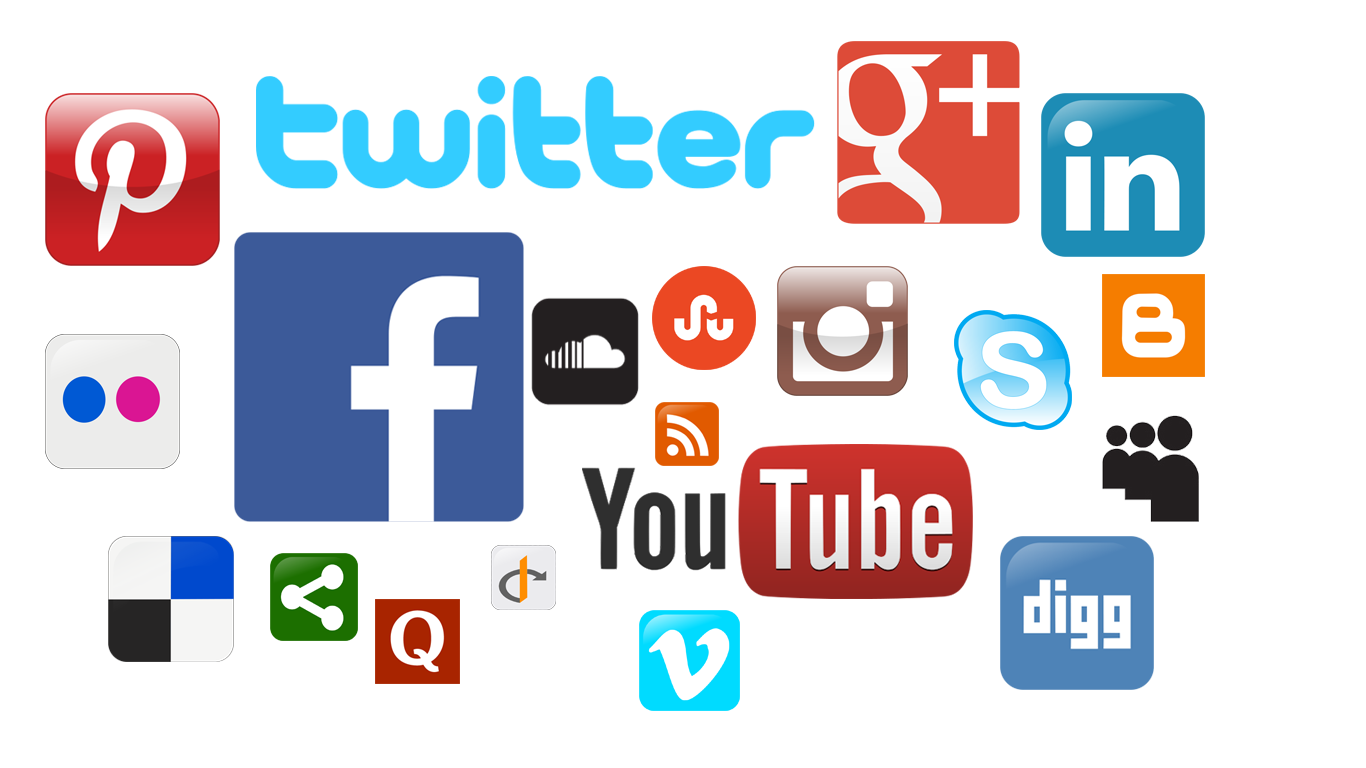
Social Media #SciComm
Social media can be a powerful tool for good, and for bad, especially in science. It offers the opportunity to connect with those in and outside your field across the world, and lets scientists share visually appealing aspects of their work like photography from fieldwork or microscopy images.
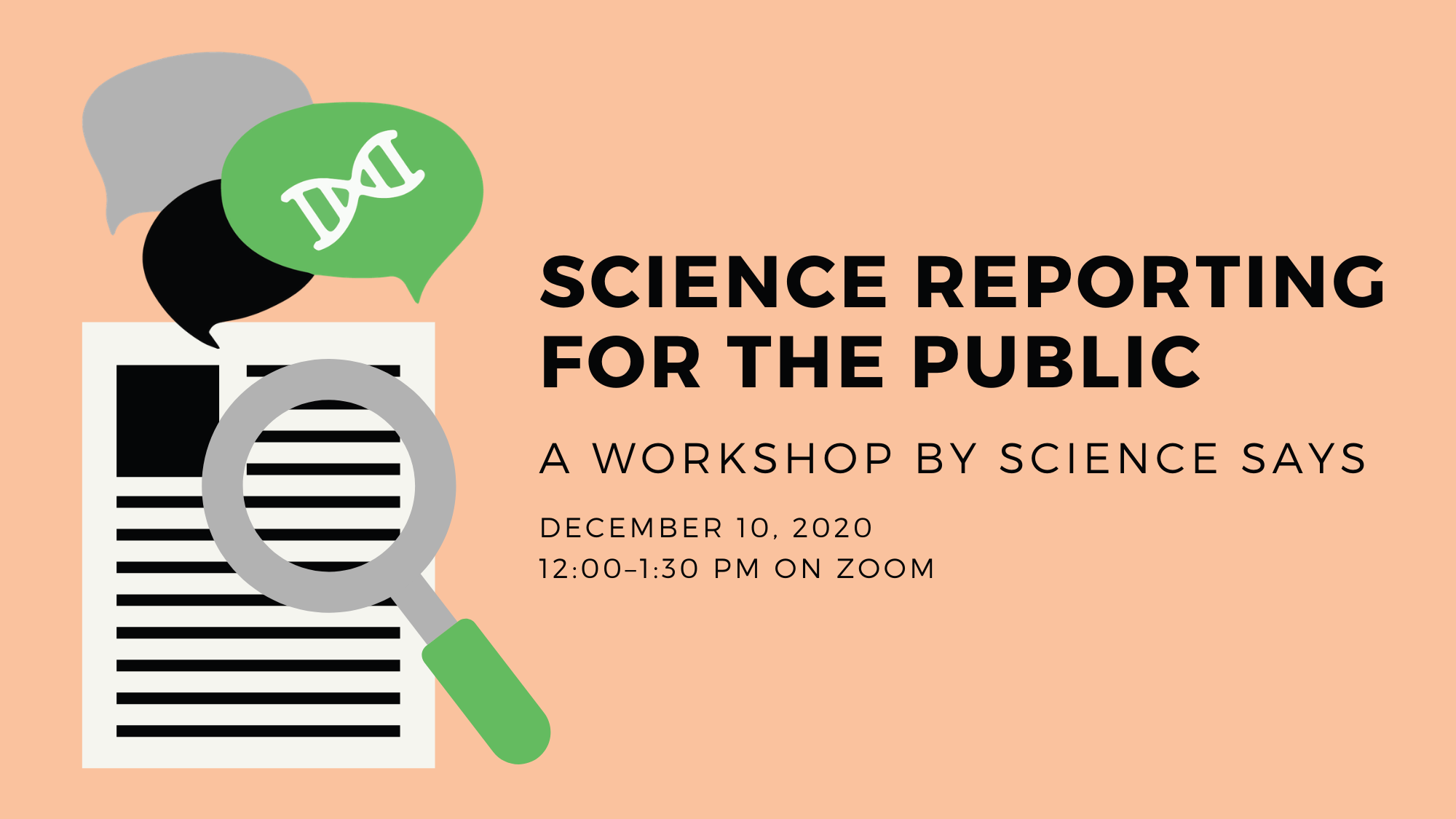
Best Practices for Reporting Science for the Public
The average person interacts with science through news outlets, yet science is constantly evolving with every new paper’s results. Often, results are sensationalized to grab the attention of readers instead of honestly reporting the material. So how do we, as scientists, report science responsibly and effectively?
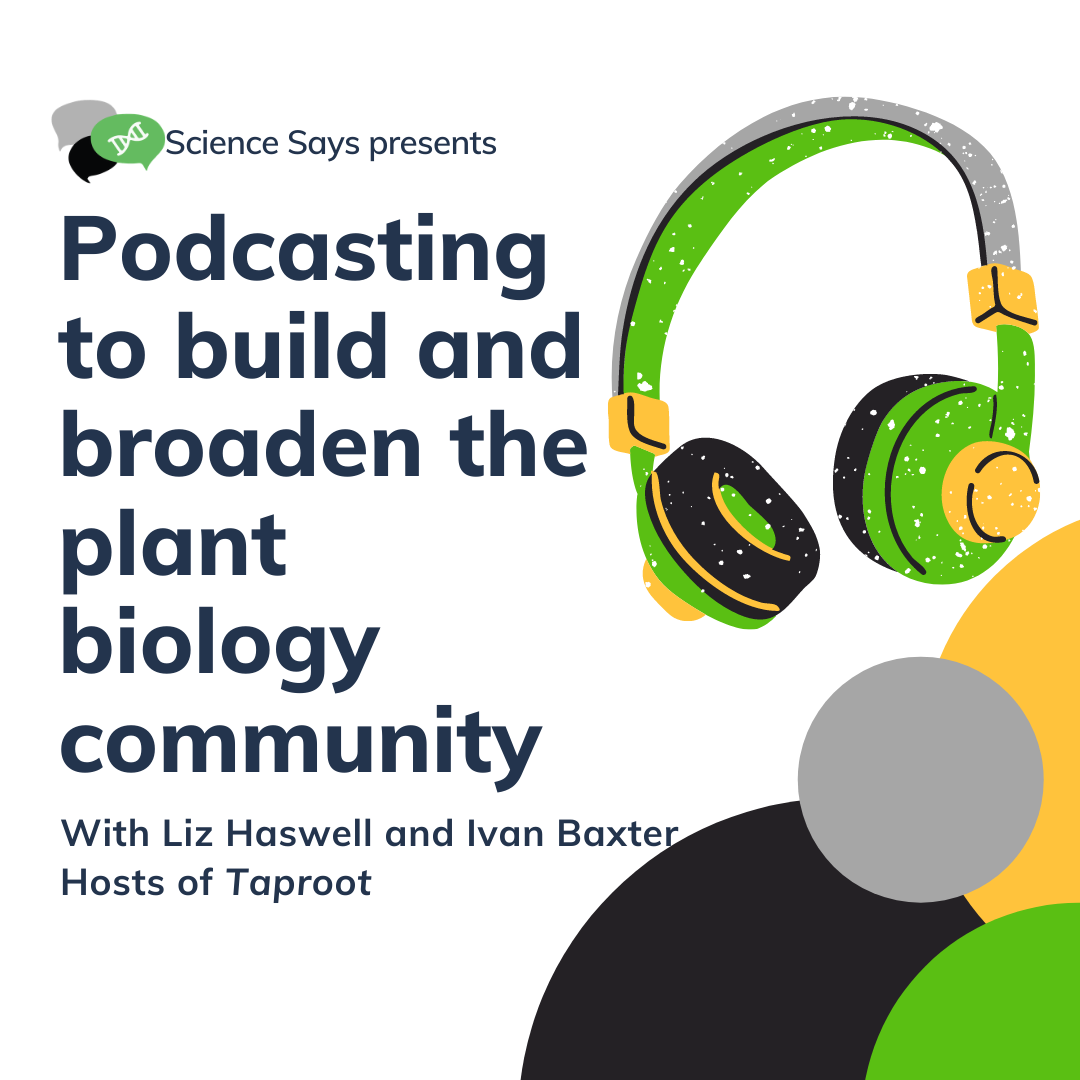
Tapping Into the Podcast World with Drs. Liz Haswell and Ivan Baxter
Podcasts are so ubiquitous, you may have thought about starting your own to communicate your science. We invited Drs. Liz Haswell and Ivan Baxter, hosts of The Taproot podcast, to give us an inside look at the world of podcasting.
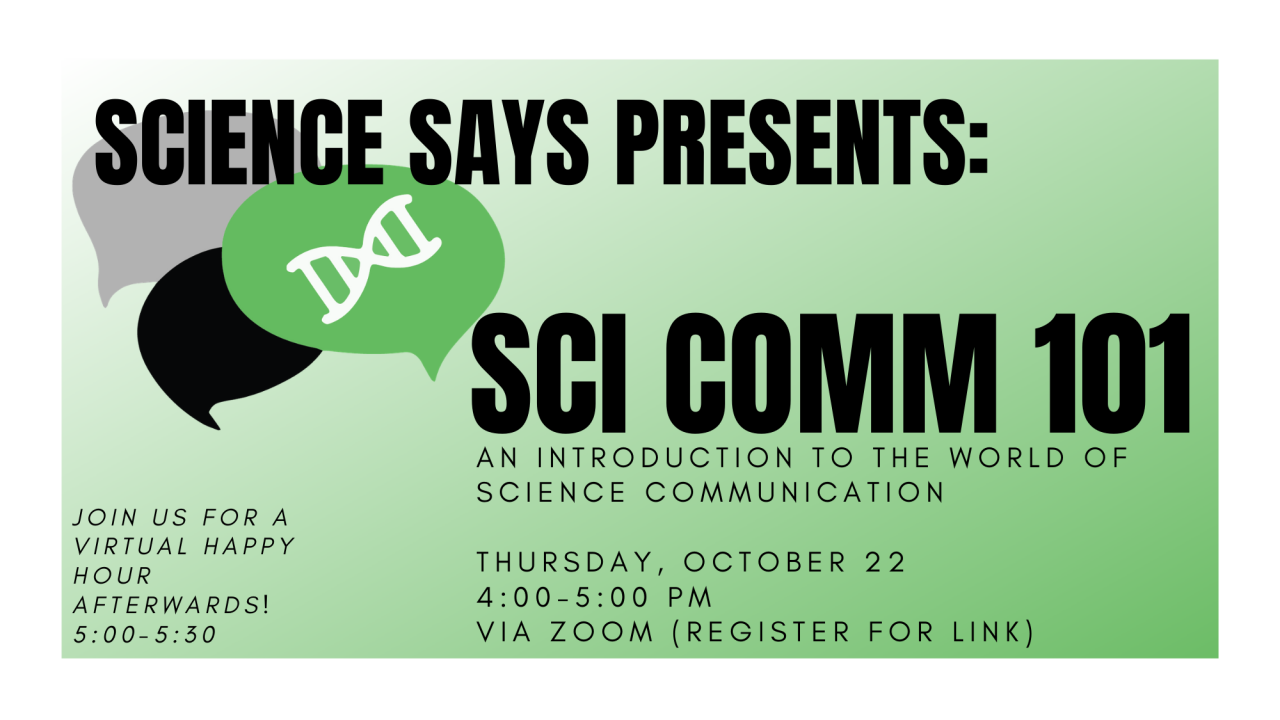
Scicomm 101: A Beginner's Guide to Science Communication
Miss our kick-off event of the 2020-2021 year? The Science Says leadership team recapped their discussion of what scicomm is, who does it and some of our favorite tips on how to do it well (video included!).
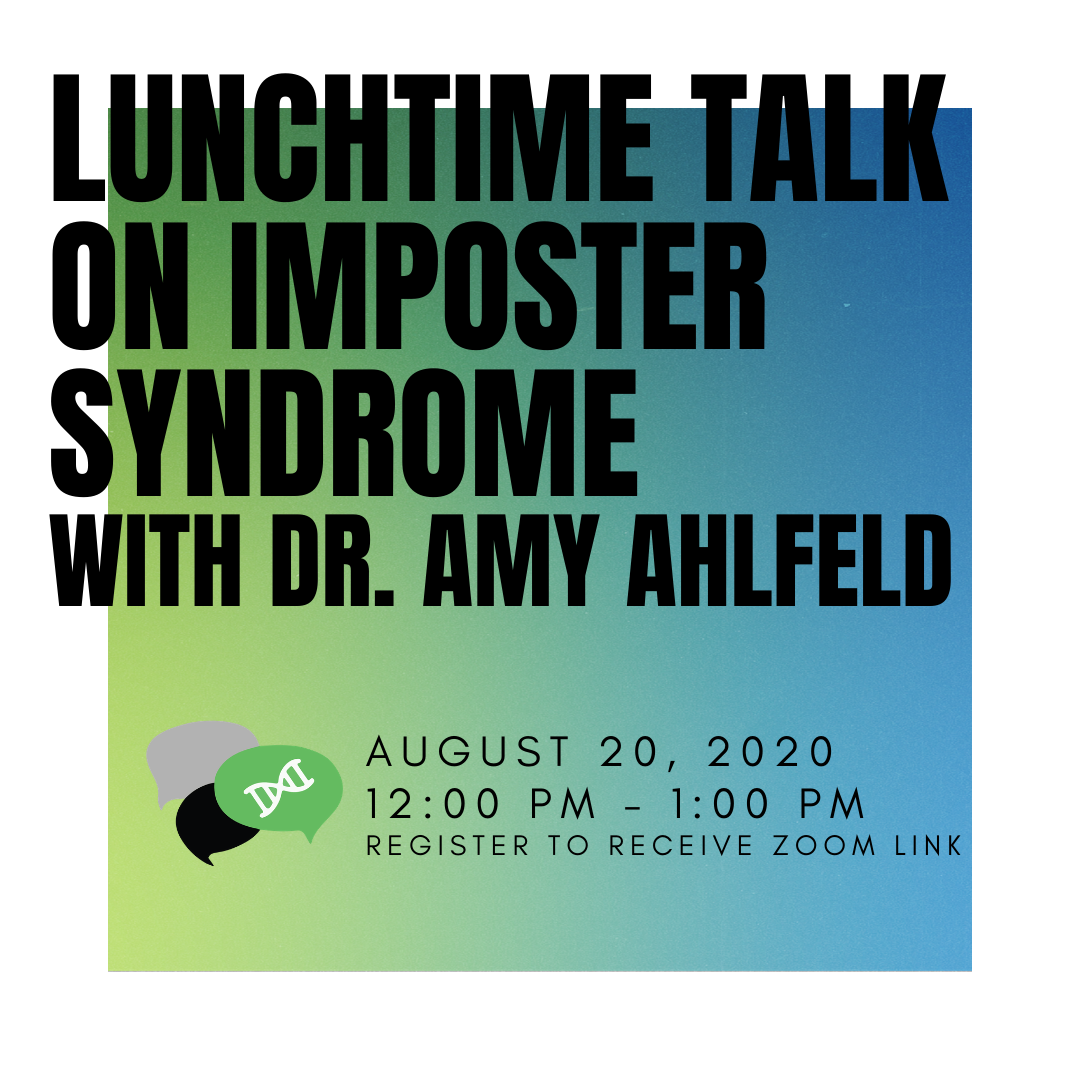
Imposter Phenomenon — What is it and what can we do about it? With Dr. Amy Ahlfeld
Do you feel like you are unsuccessful despite your accomplishments? Do you feel you “got lucky” when receiving an award or getting a promotion? If you answered yes to these questions, you likely experience imposter phenomenon. We wanted to learn strategies to overcome this, so we invited clinical psychologist Dr. Amy Ahlfeld to speak with us for our August 2020 event.
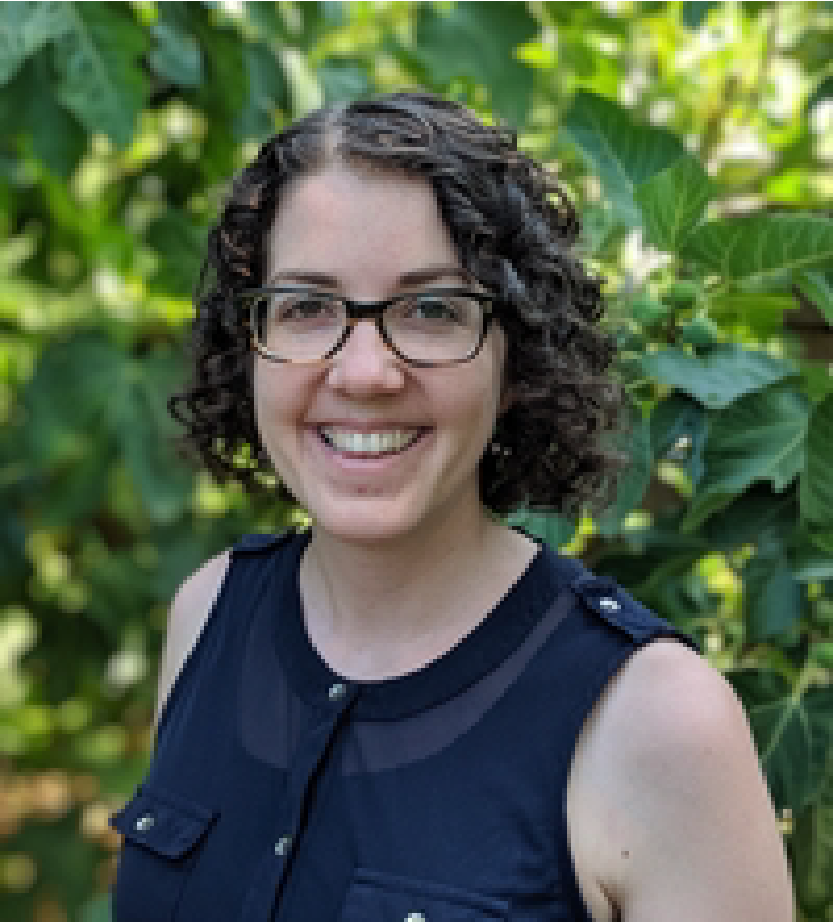
Investigating Wilt with Dr. Tiffany Lowe-Power
Sydney often wonders what makes her tomatoes wilt. Most of the time it’s because she doesn’t water them enough (sorry, plants!). But it could also be because they have been infected by a pathogen, causing them to wilt. She wanted to learn more about pathogenic wilt from new UC Davis faculty member Dr. Tiffany Lowe-Power.
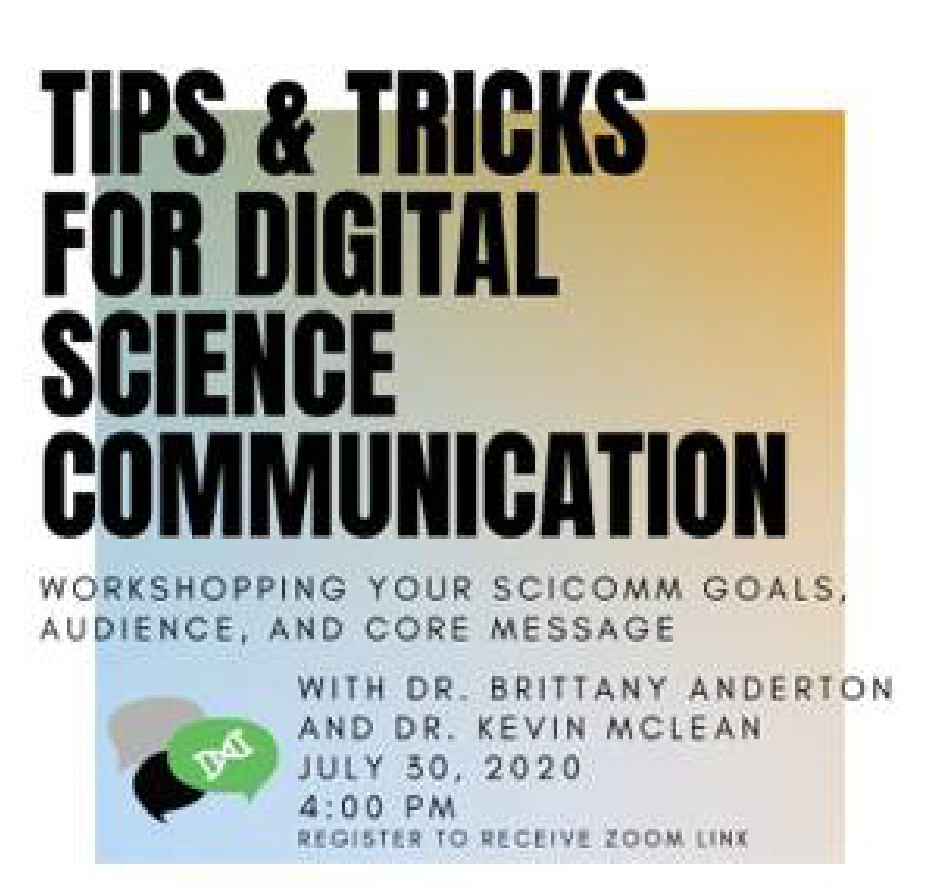
Tips and Tricks for Digital Science Communication: Key Takeaways
Dr. Pamela Ronald from UC Davis and Drs. Brittany Anderton and Kevin McLean from iBiology joined us in July 2020 to workshop our digital science communication ideas by honing our definitions of goal, audience and core message.
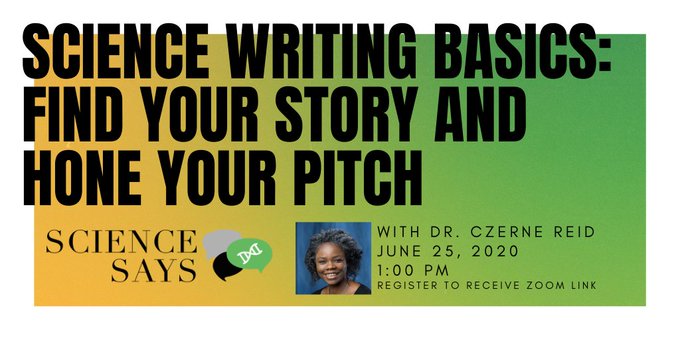
Science Writing Basics: Find your story and hone your pitch with Dr. Czerne Reid
Dr. Czerne Reid from the University of Florida joined us in June 2020 to teach us about finding and writing science stories as well as how to successfully pitch them to editors of science-focused mainstream publications.
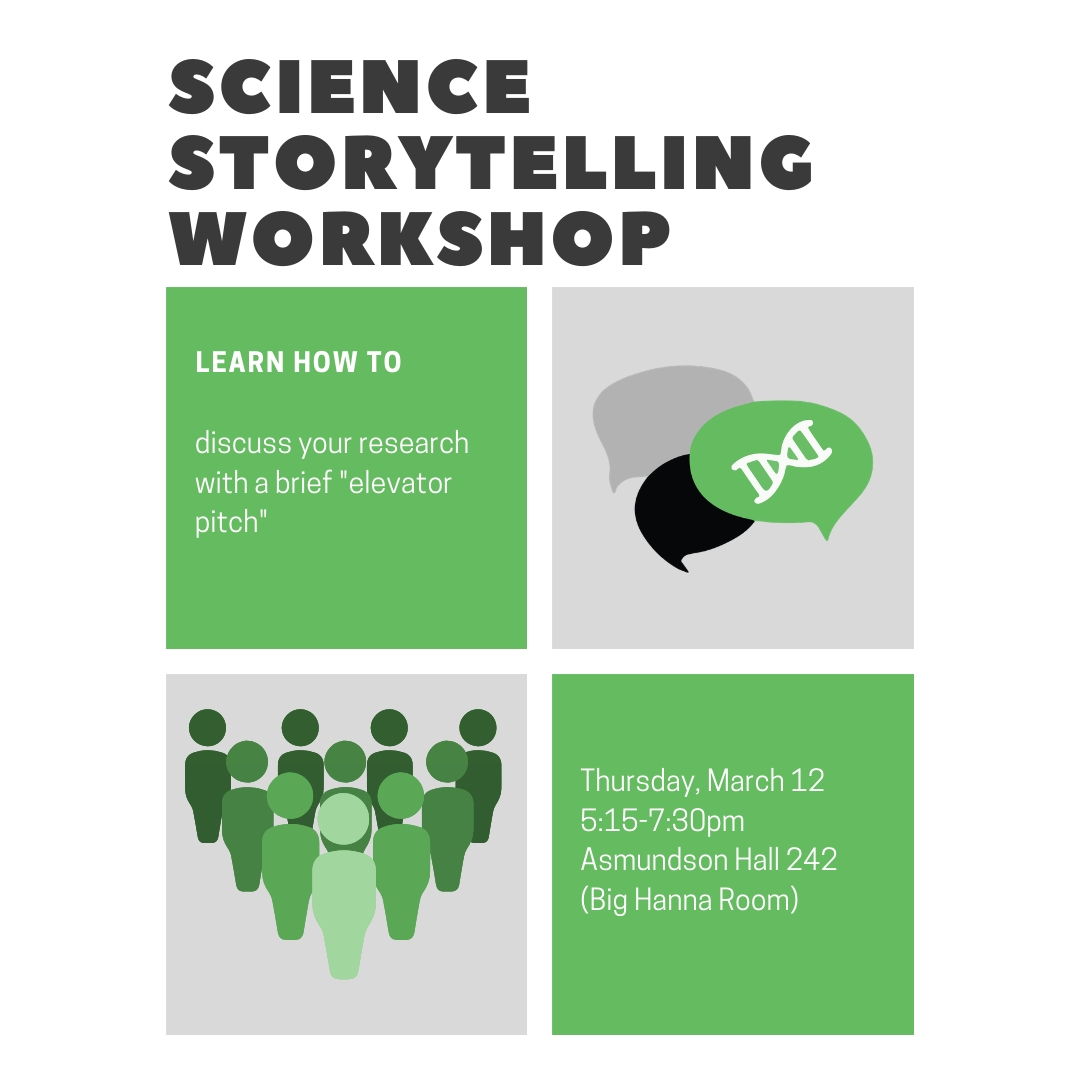
Science Storytelling Workshop Recount
Does your story have a common ground? A relatable main character? Following up on our workshops with Colin Murphy (jargon-free science in science policy) and Lucas Hatton (Improv for Science), Mary Madera tackles science storytelling. Learn about the key elements to a good story and practice on your own with her workshop.
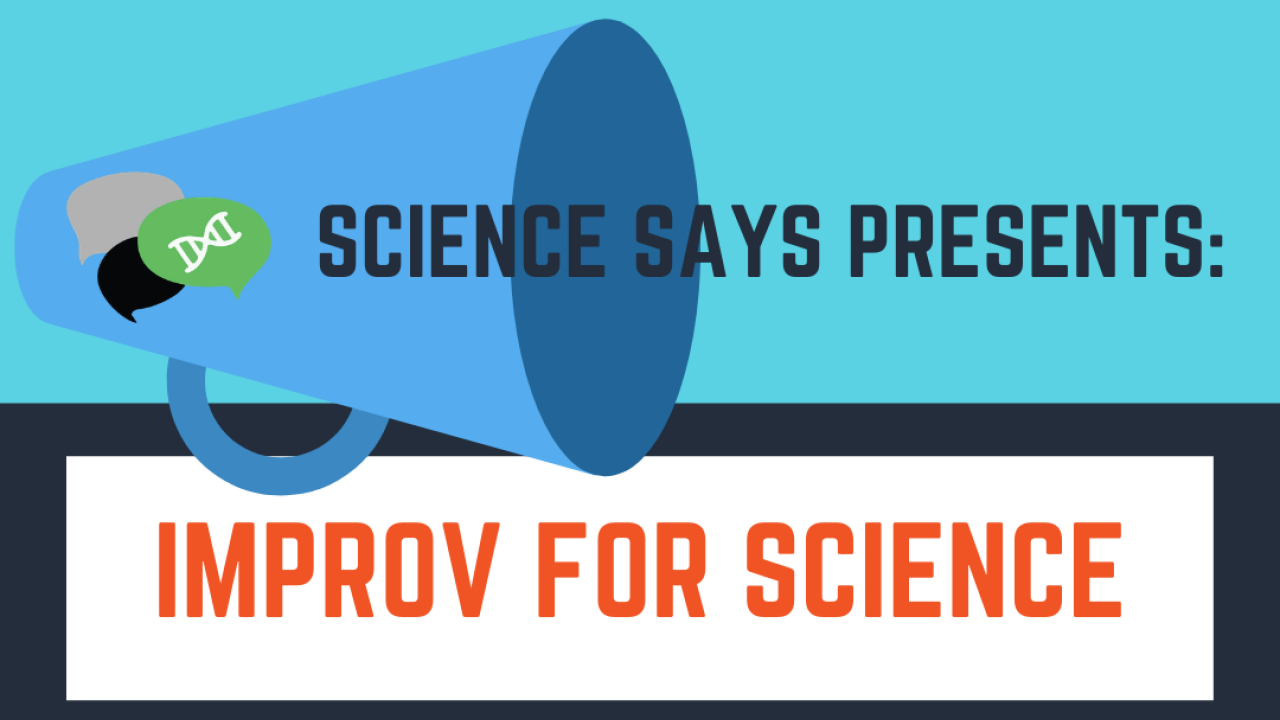
Key Takeaways from Improv for Science
Lucas Hatton led us through a two-part improvisational theater, or improv, workshop where we participated in improv games to learn two key skills: active listening and spontaneity.
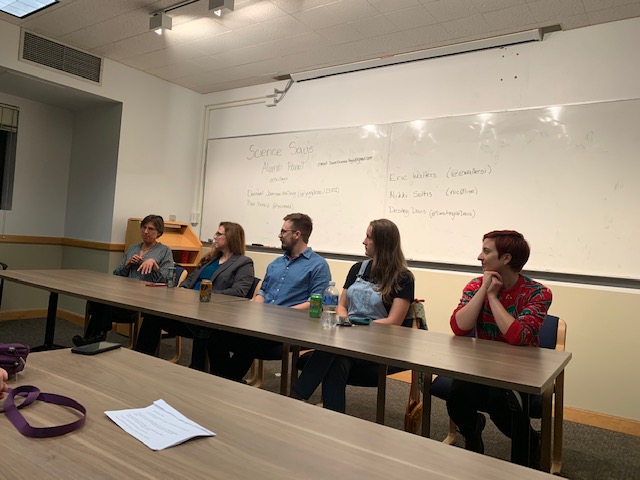
Science Says Alumni Panel
In our last event of the year (and the decade!), we invited Pam Ronald, Denneal Jamison-McClung, Eric Walters, Destiny Davis, and Nicole Soltis to talk about how science communication is incorporated into their careers and share advice on how to communicate effectively.
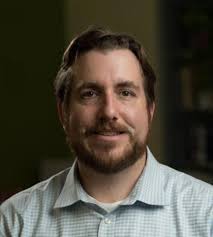
Making a Compromise with Your Inner Academic: communicating science to non-expert audiences
We invited Colin Murphy to talk about science communication in science policy. Here, we've curated some of our favorite tips and tricks like focusing on the audience's problems instead of your solutions.
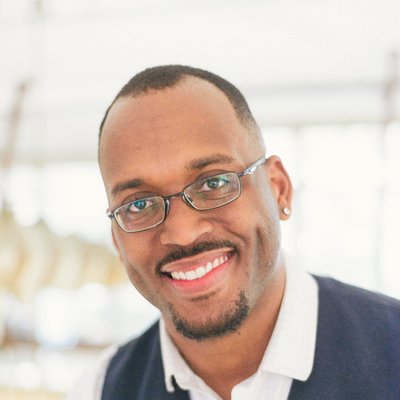
Your Friendly Neighborhood Science Communicator: Dr. Shane Campbell-Staton
Have you wondered how the Game of Thrones dragons fly? Or how they breathe fire and not die? What about the non-human races in Star Trek? Dr. Shane Campbell-Staton has investigated the science behind these and other topics in The Biology of Superheroes podcast. I spoke with him about the origin story of the podcast and what skills he uses in his science communication.
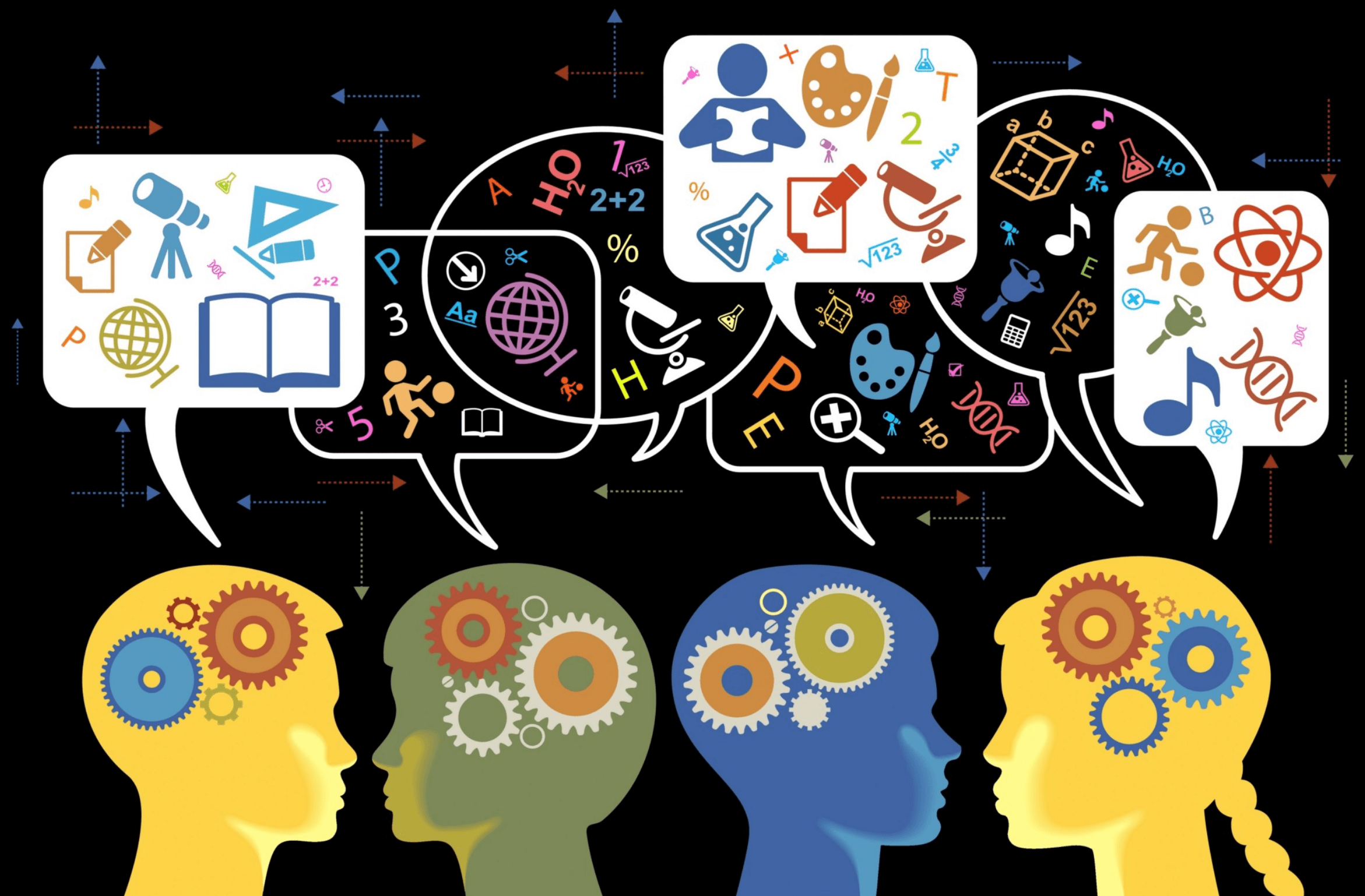
Dialogues and Discourse Conference
As the world population has grown to 7.7 billion people, and is increasing every day, there are several challenges our global society faces. The scientific community is investigating ways to support such a large global population and to potentially reverse some of the damage that has been done to our environment, but the general public needs to help make lasting changes based on these findings. There is a disconnect between scientific suggestions and the beliefs of the public at large. The Dialogues and Discourse Conference aims to facilitate open, non-jargon filled conversations to build trust between scientists and the public. Read on for a preview of this free event.
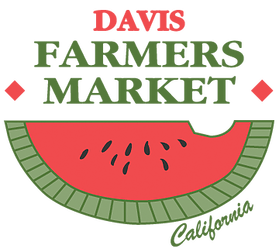
The Future of Food - SciSays Return to the Davis Farmer's Market
Companies and creative minds are always releasing new products to address certain needs or niches. However when it comes to new food technologies, it can be difficult to stay up to dat with all the terms and tech. Mary started the Future of Food poll with The Clear Project at UC Berkeley to ask the public whether they were for or against 8 food technologies aimed at making food production green. Read on to learn about the technology and how the public feels about them based on the data Mary collected at the Davis Farmer's Market in September.
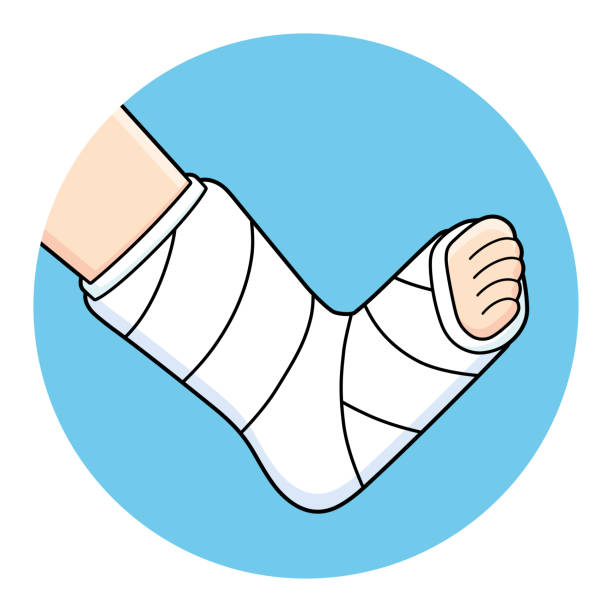
Graduate Injuries: Sydney Wyatt
"What is it about graduate life that makes our priorities so skewed?" Even in the emergency room after a fall resulting in a broken ankle, Sydney Wyatt was thinking of her research. Read on to learn about how she used this injury to rebalance herself. Check out Mary Madera's Graduate Perspectives page for more articles like this.
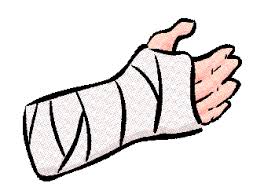
Graduate Injuries
Between classes, meetings, papers, and experiments, the last thing any graduate student wants to deal with is an injury or illness. Mary Madera shares her experience here about the aftermath of bicycle crash as a first year graduate student. But what if a student is afflicted by an invisible illness like depression or an autoimmune disease? Check out her Graduate Perspectives page for more information on handling such issues.
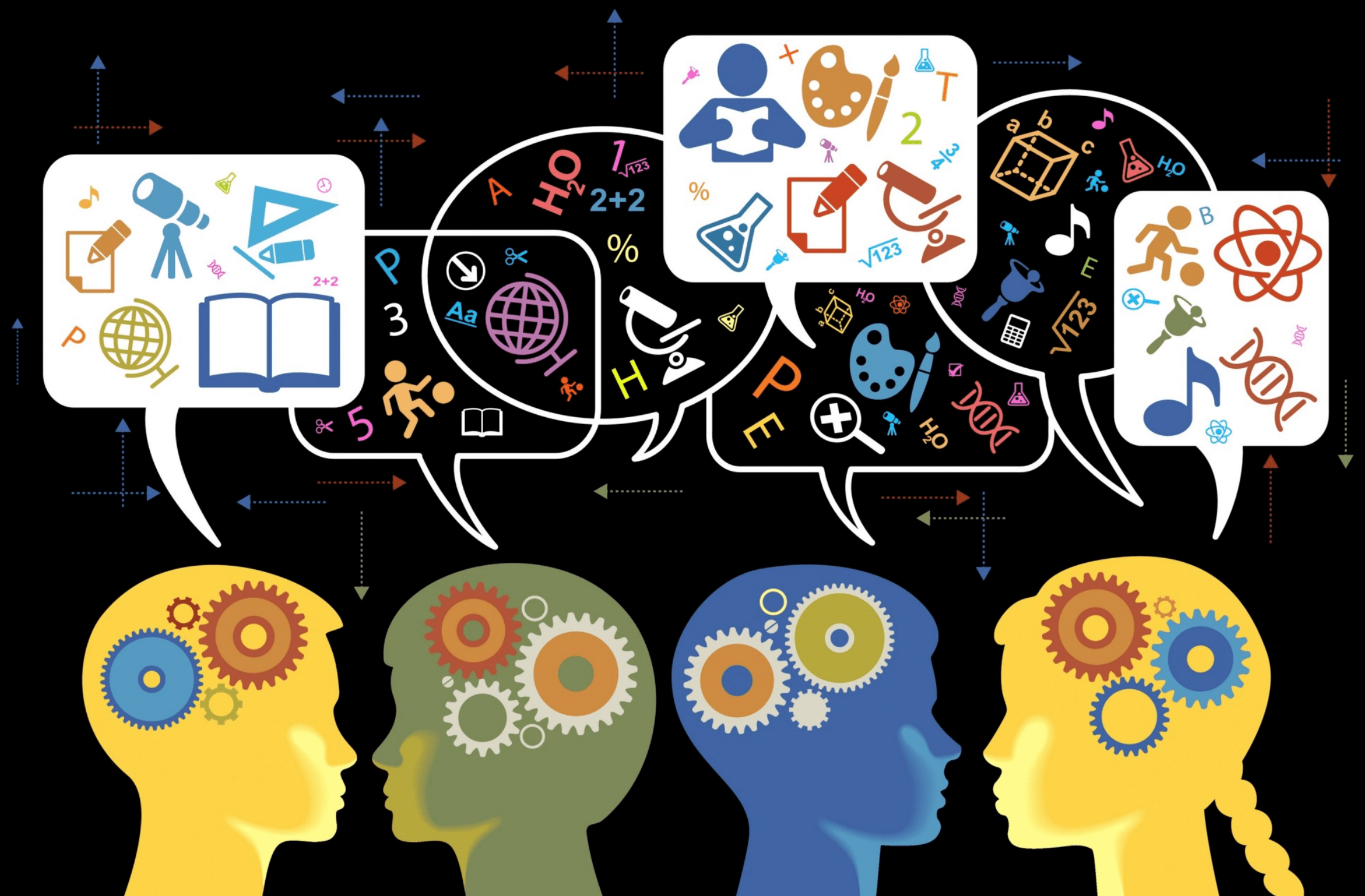
Advice From Grad Students, to Grad Students
Everyone has vastly different experiences and expectations for grad school, even from one year to the next. We collected current reflections from students and postdocs at UC Davis and UC Berkeley so fellow students can learn from their mistakes, commiserate with their struggles, and celebrate our collective resilience. We are all unique, but we are never isolated.
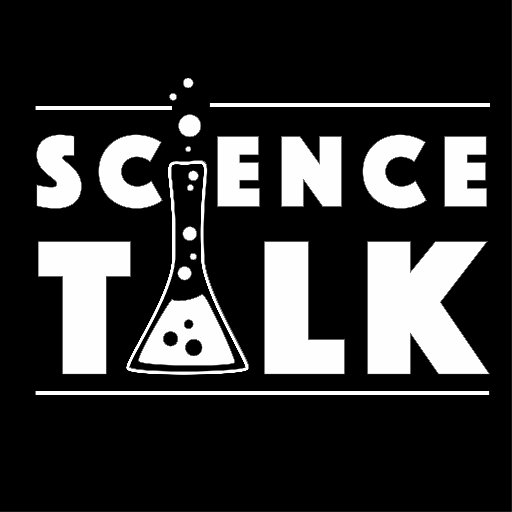
Science Talk ‘19: Building Community through Science Communication
Struggling to make the importance of your science known to a broad audience? Annoyed with the way science is often portrayed in the media or misapplied in public policy? You’re not alone! Hanna Bartram and Logan Savidge report on what they learned at Science Talk '19. This year's theme was community. How do you build a community interested in your science? How do you connect with them? Find out in this resource-rich post.
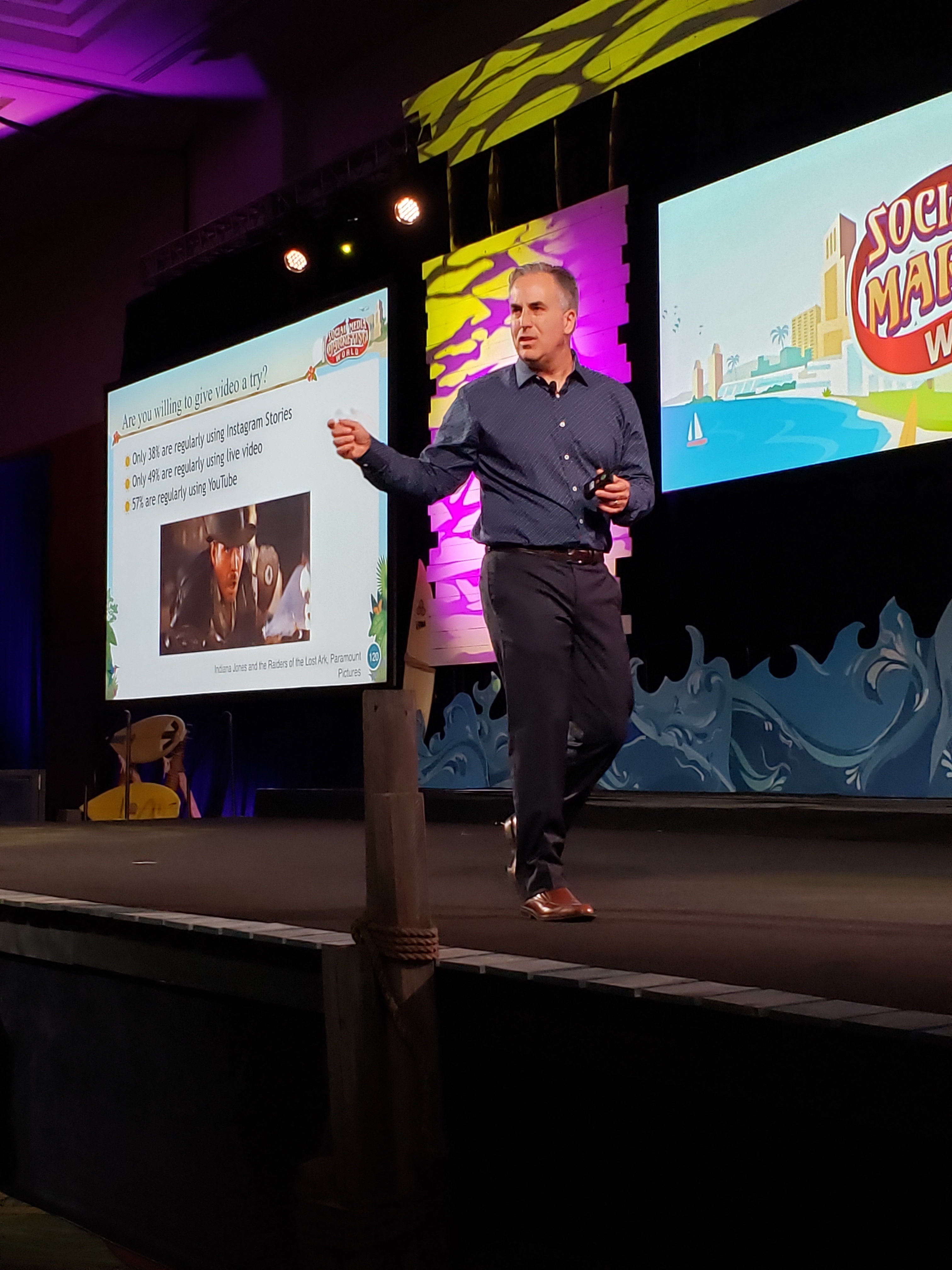
Sharing Your #SciComm Story Through Social Media
Social Media Marketing World is a 3-day conference for social media marketers and influencers. Shannon Albers, a previous facilitator for Science Says, shared her all-access experience with us including takeaways, apps, tips, and tricks for using social media in science communication.
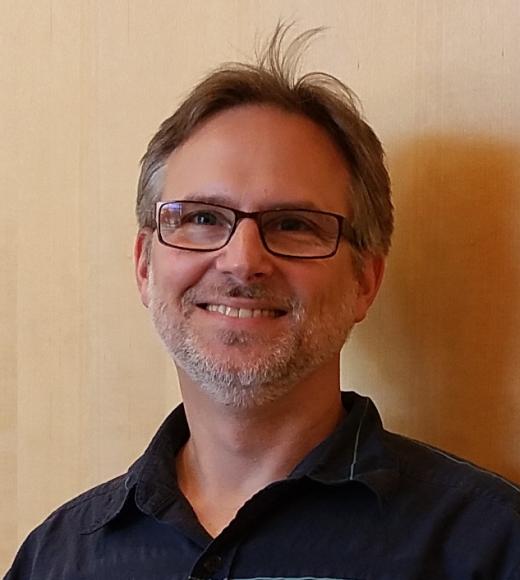
Gene Editing and Gene Therapy History and Regulations in a Nutshell: Dr. David Segal
Reports from China regarding Dr. He Jiankui’s human embryo edits using CRISPR-Cas9 have continued to catch the eye of the popular media months after the initial report. I spoke with Dr. David Segal of UC Davis to get a better understanding on genetic editing history and the regulations we have in place to truly understand if CRISPR technology is as scary as is implied by the media.

What Happens to Science When the Government Shuts Down?
For our January meeting, we discussed the effects the shutdown on science research and funding with representatives from UC Davis' Office of Research and Sponsored Programs, as well as a Research Geneticist for the US Forest Service.
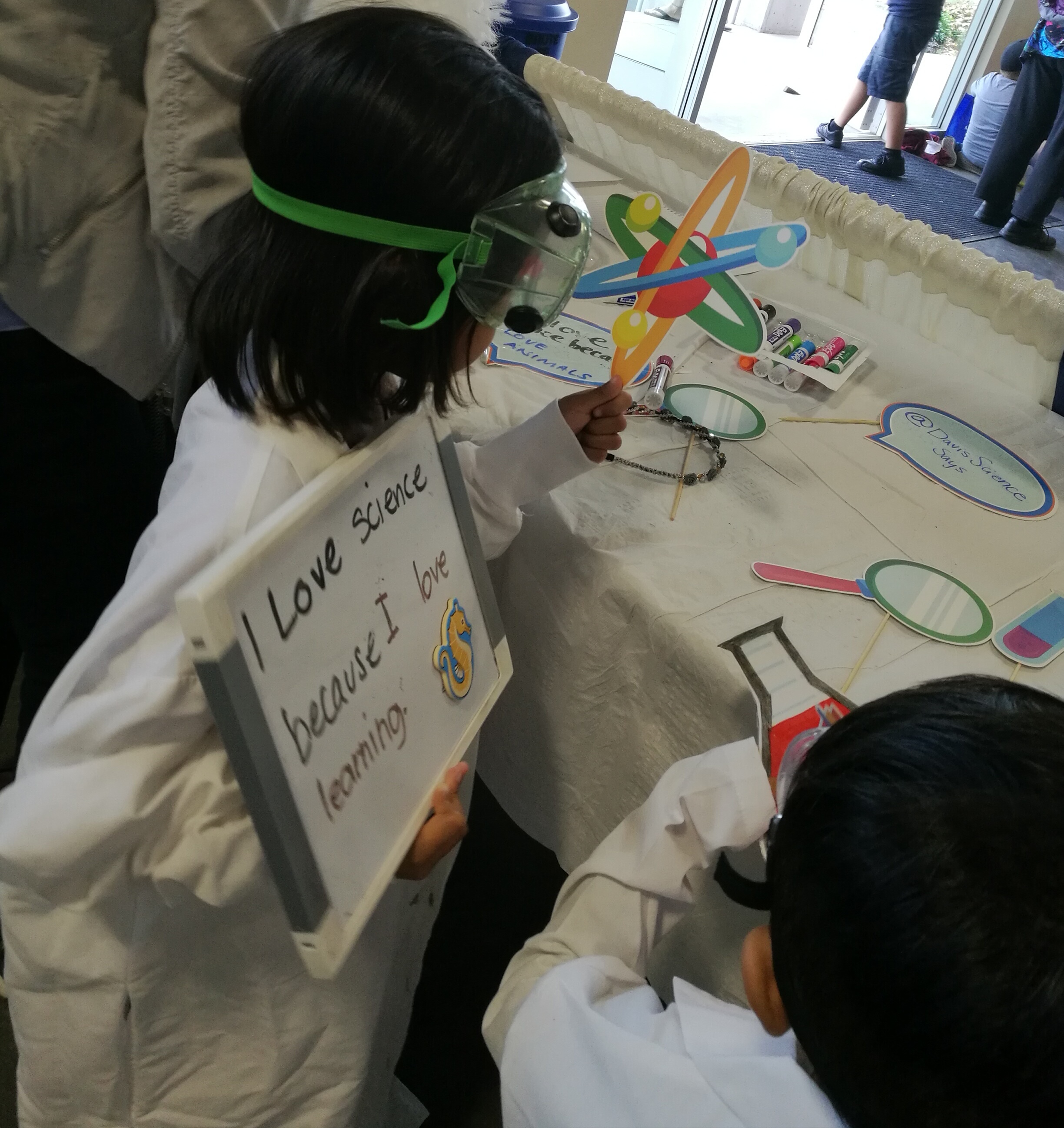
Children Talked: Science is Fun!
Want to do something different with your weekend? What about spending a day in a place full of scientists?
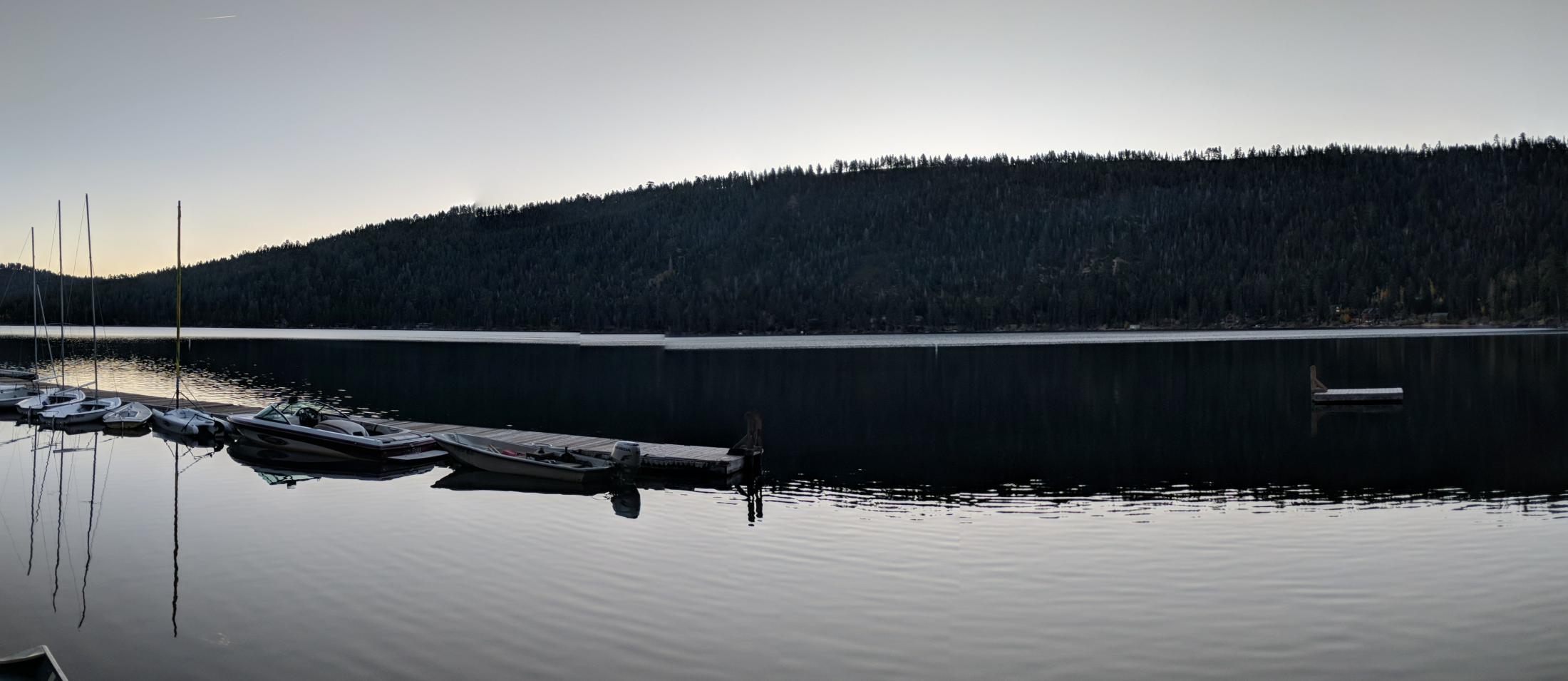
Gone Science-ing: a Recap of the 2018 MCB Training Program Retreat
The annual Molecular & Cellular Biology Training Program retreat featured an inspiring keynote address, trainee presentations, and a data blitz.
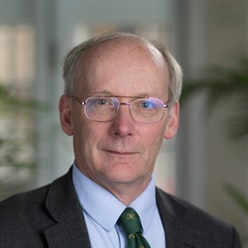
Professor Sir Charles Godfray: The Future of Food Giving Us Food for Thought
Dr. Godfray is an entomologist at Jesus College in Oxford and leads several projects aimed at understanding how science and policy must address the evolution of food sources as the world population grows.
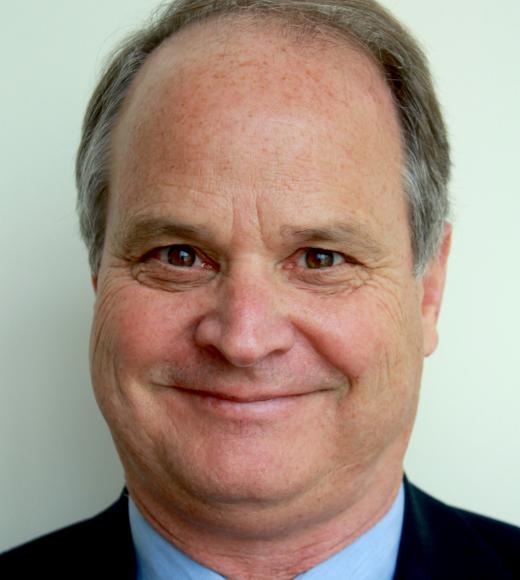
The "Elvis of E. Coli:" Dr. Carl Winter
Dr. Winter has evolved throughout his career and dabbled in many different areas of food safety research and science communication. He knows that exploring interesting paths and getting to know yourself is critical to success and satisfaction in one's career.
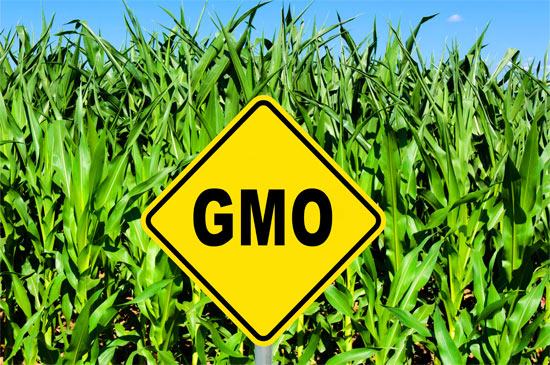
Risk assessment, explained: Interview with Dr. Travis Bui
Dr. Bui commonly encounters the misperception that organic food is safer than conventionally grown and/or genetically modified food. As a risk assessor, he advocates for a better understanding of risk-benefits to allow consumers to make educated decisions when it comes to their food.
